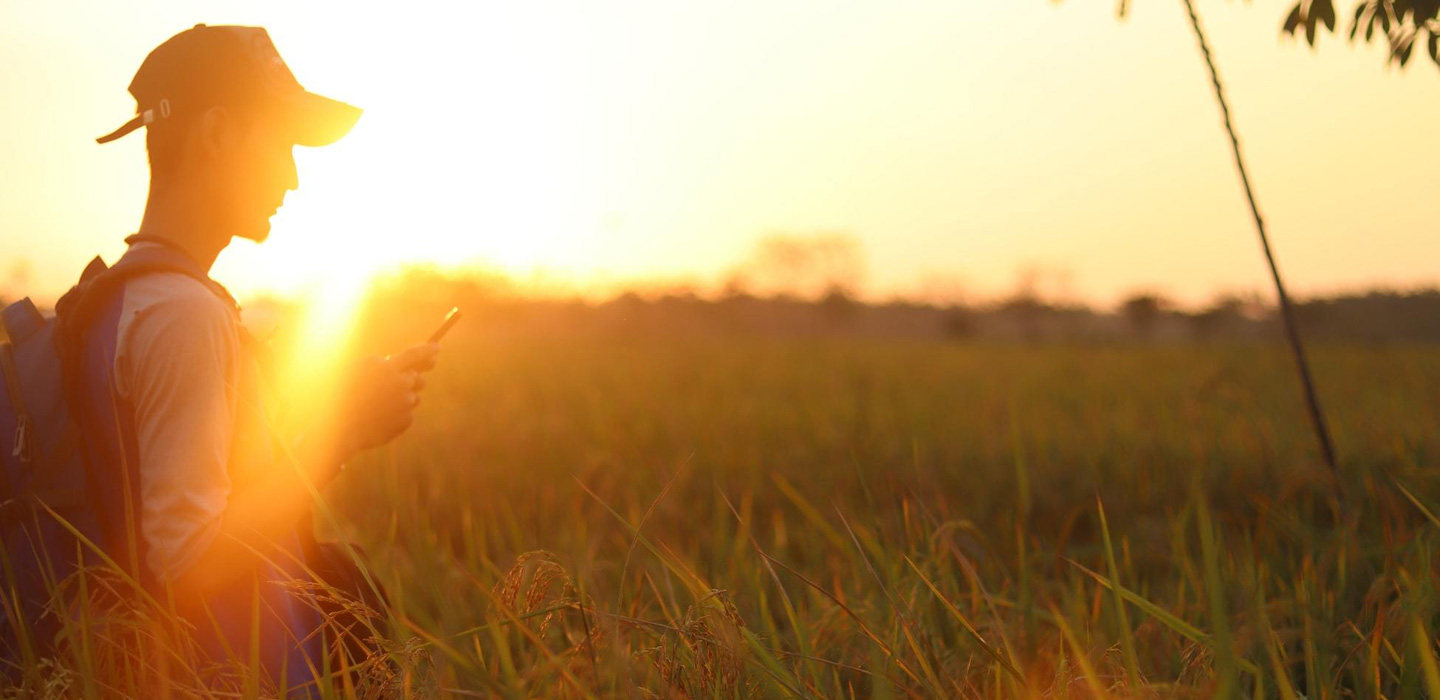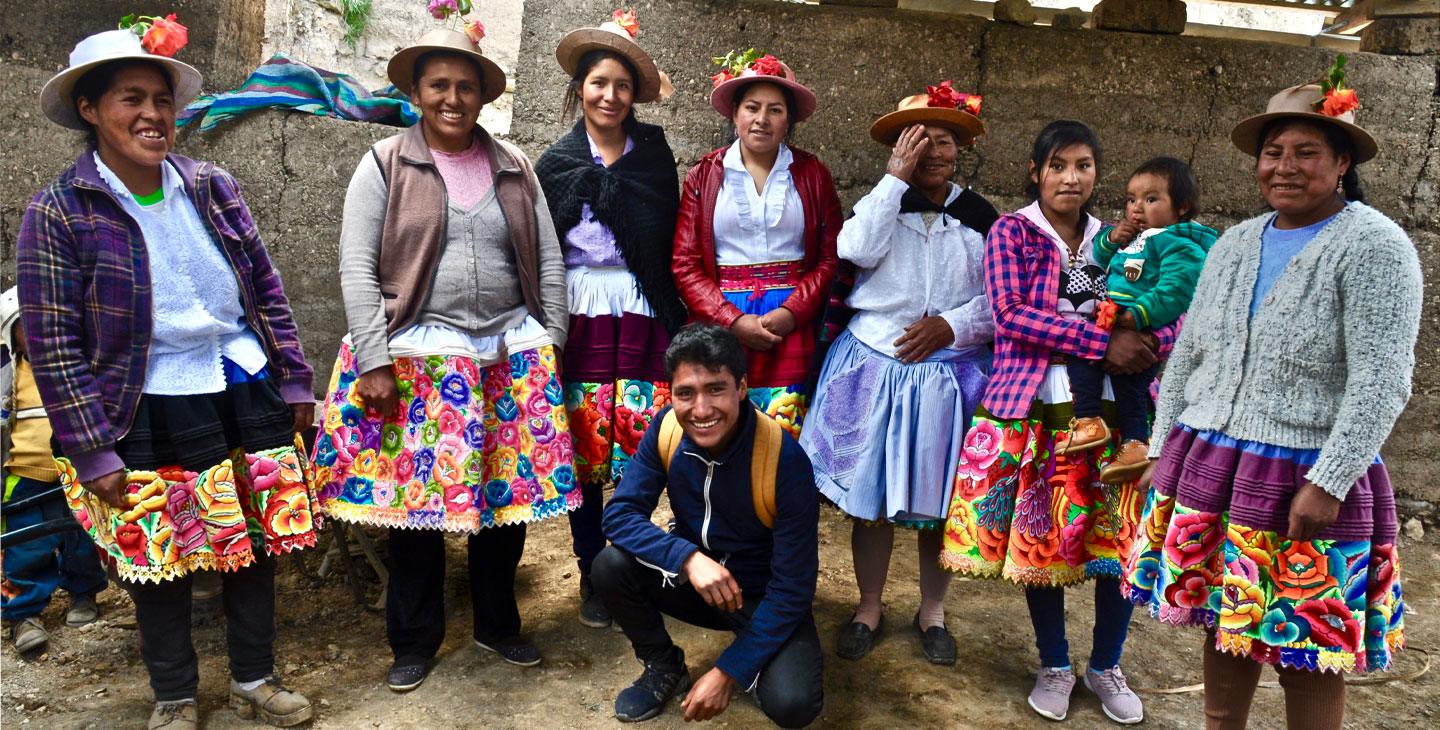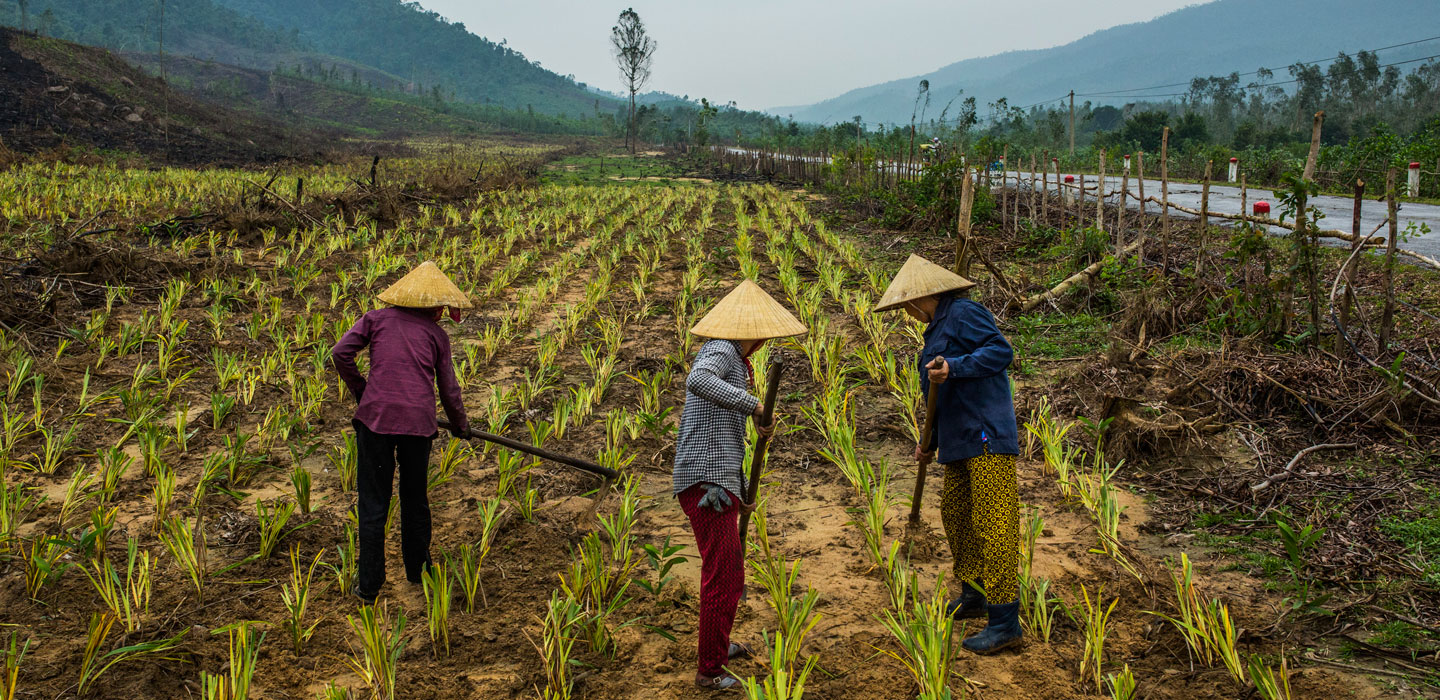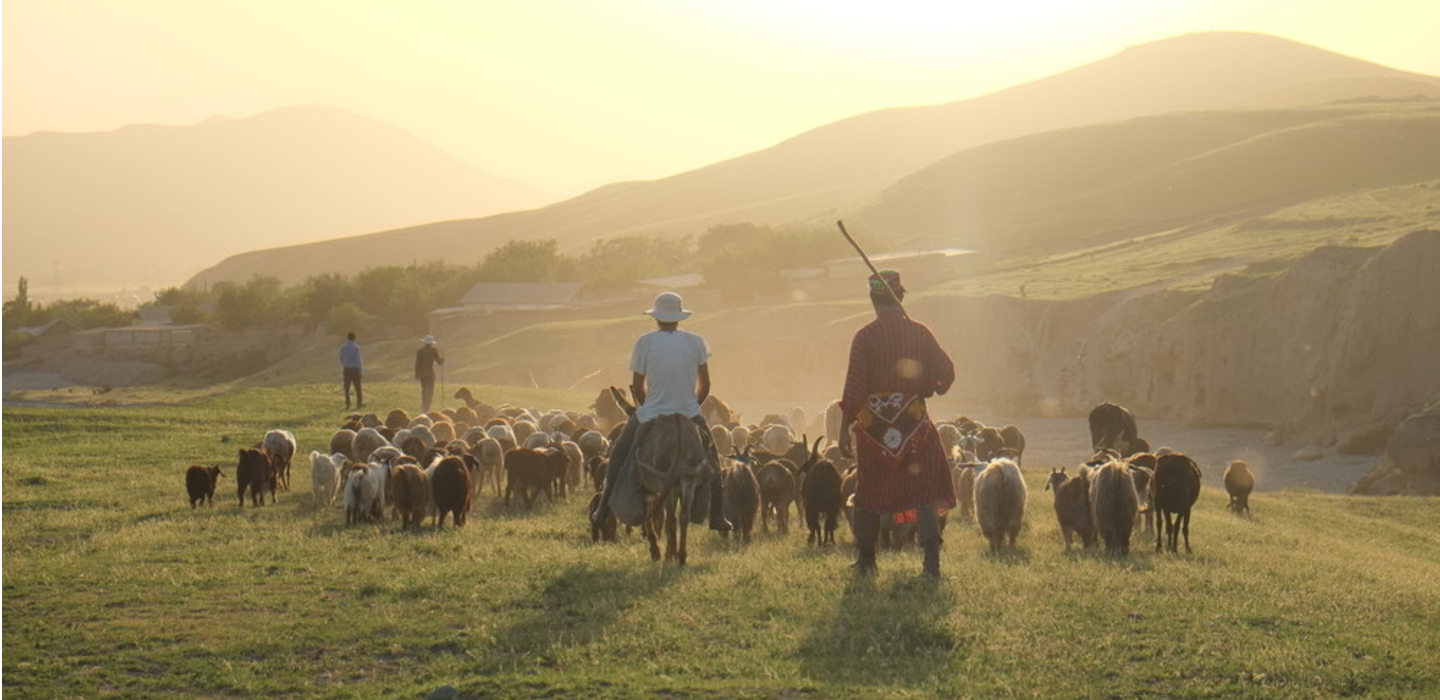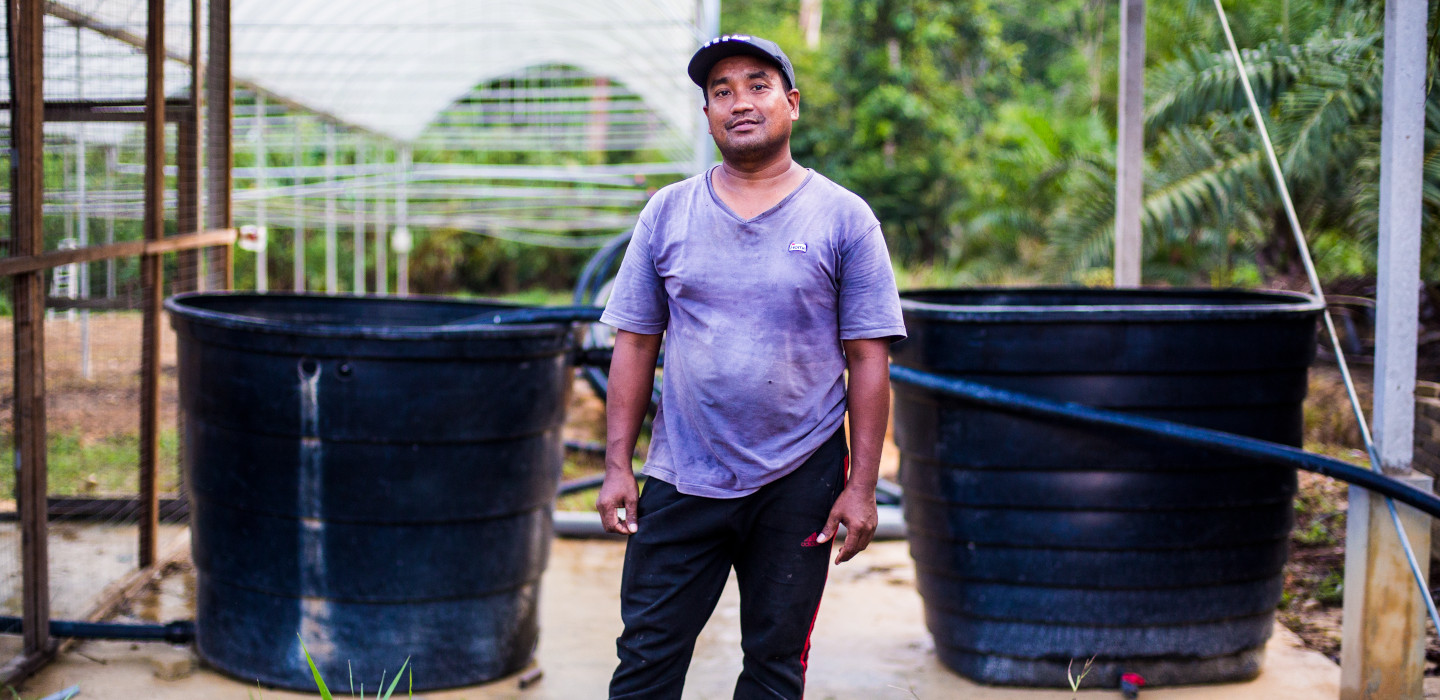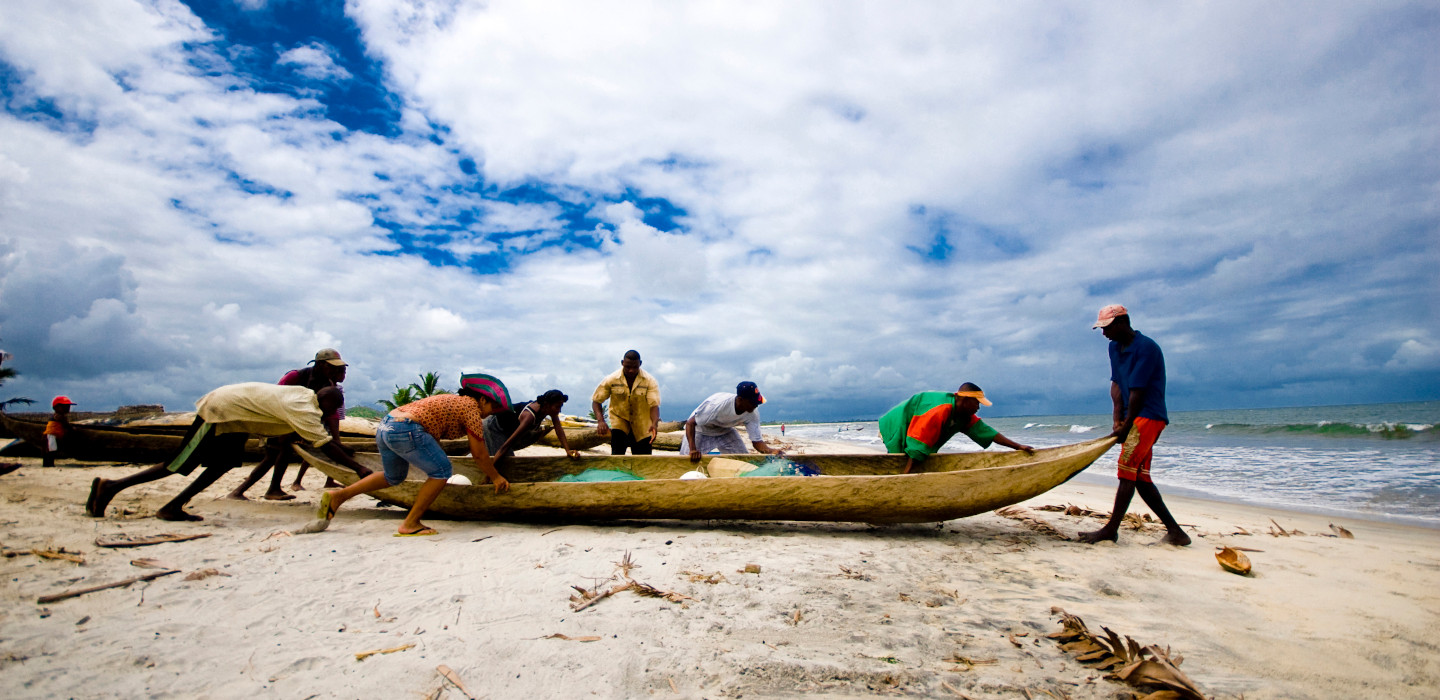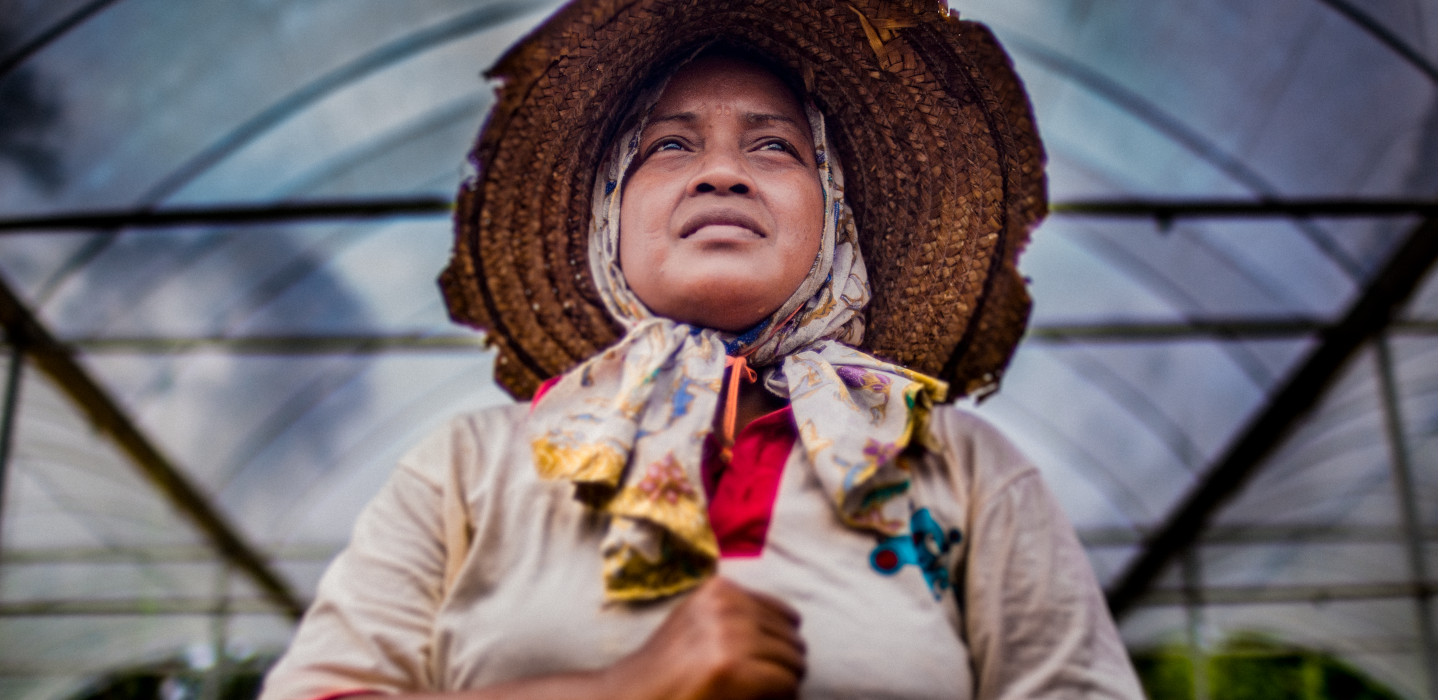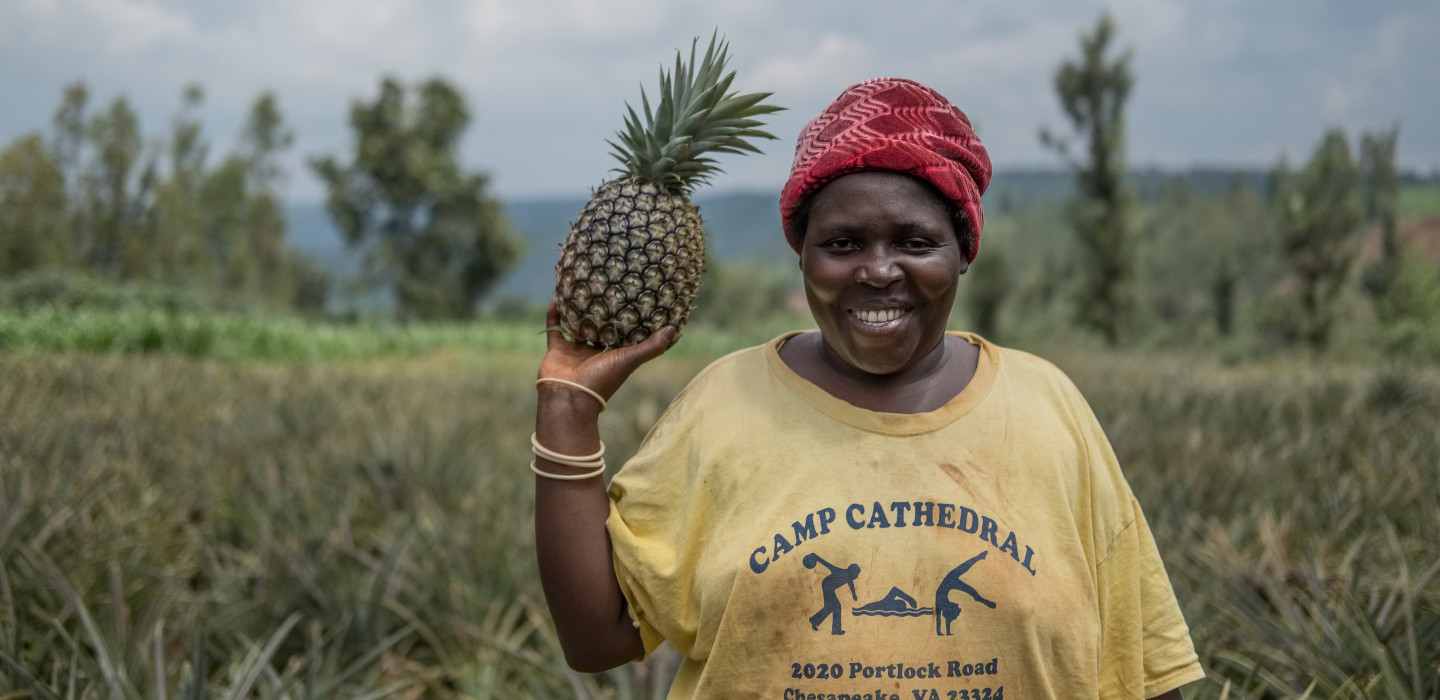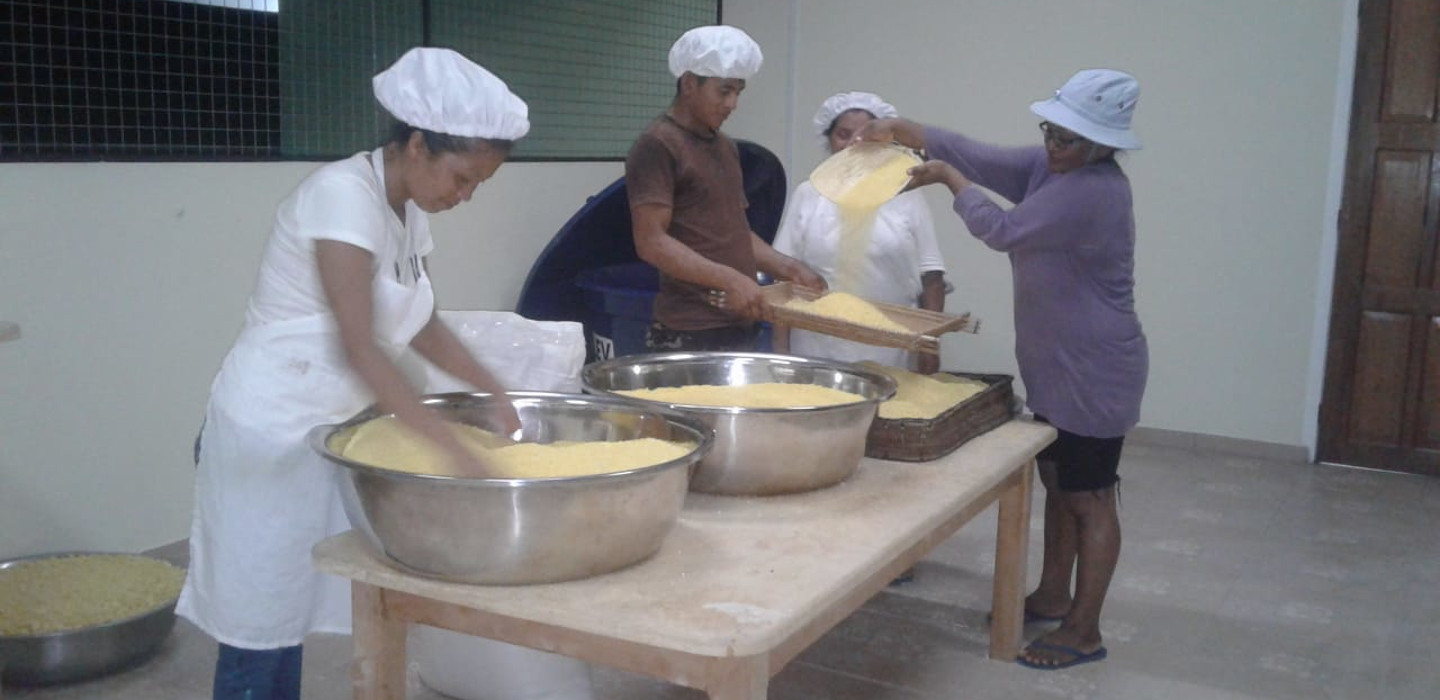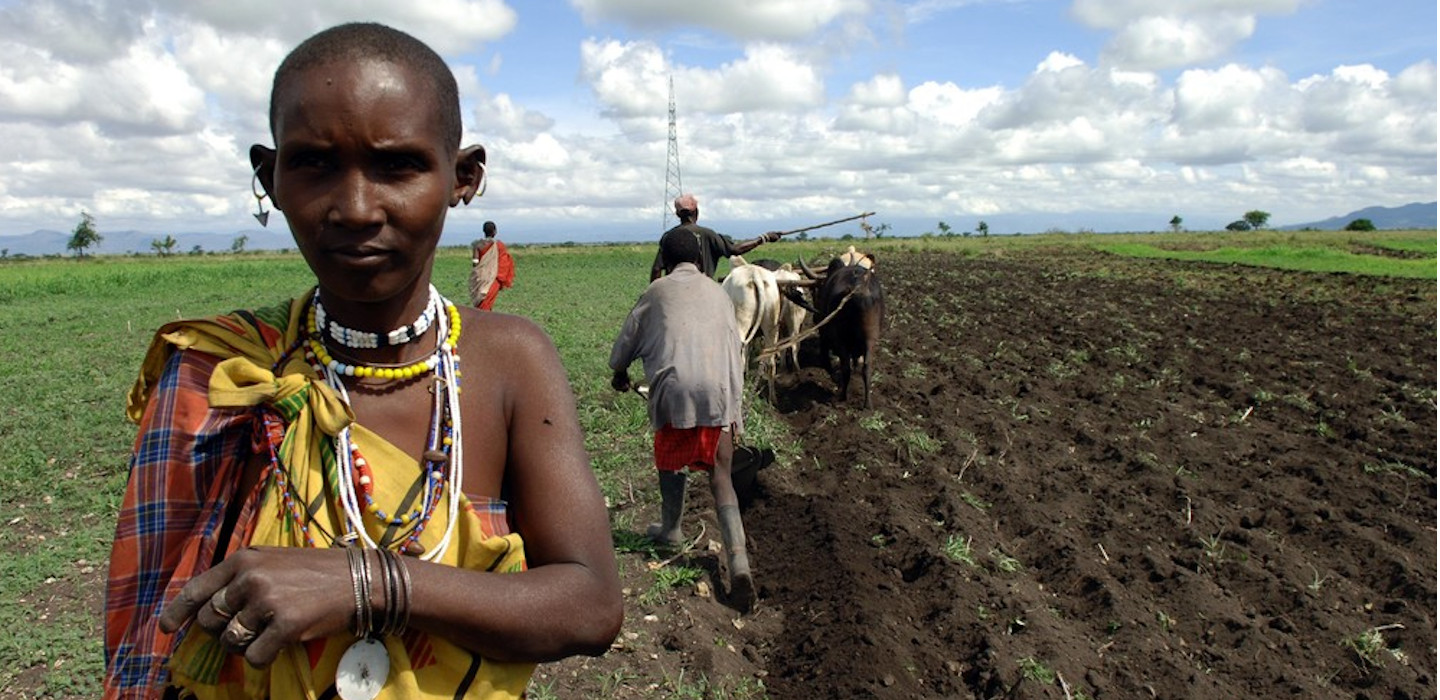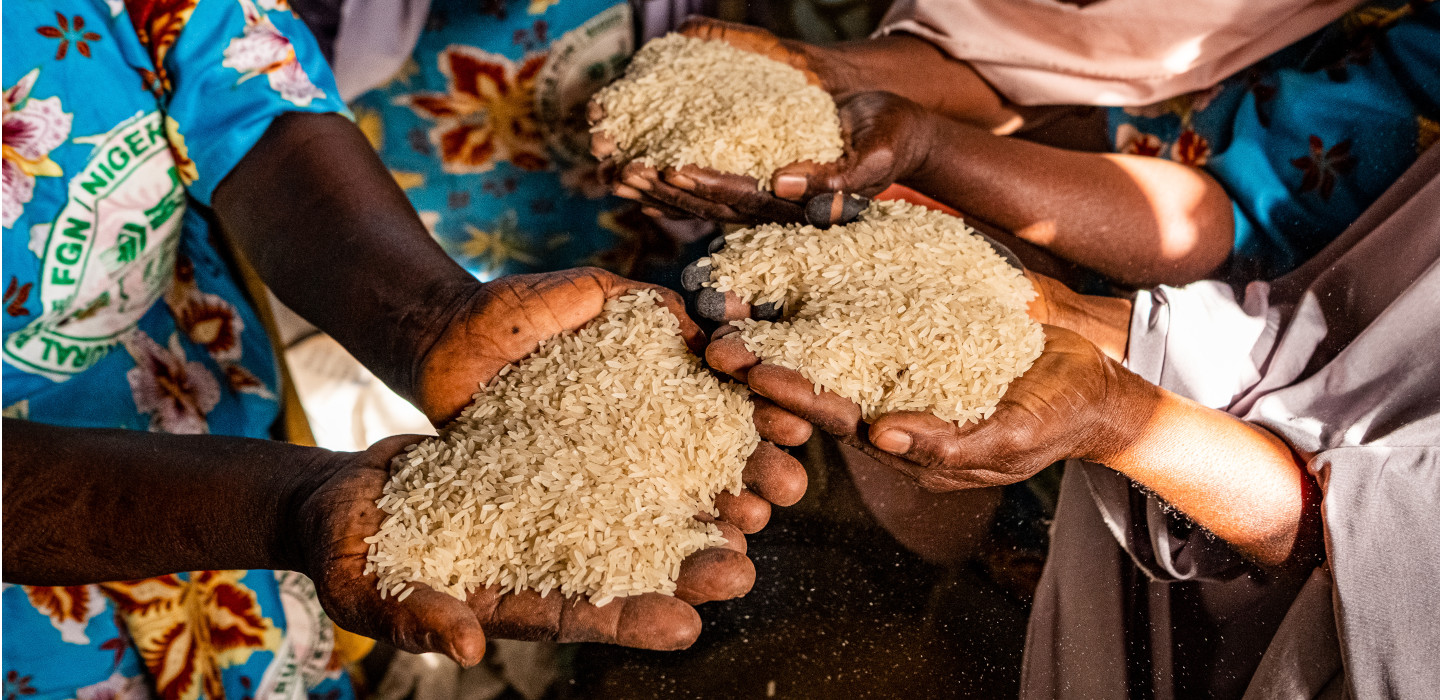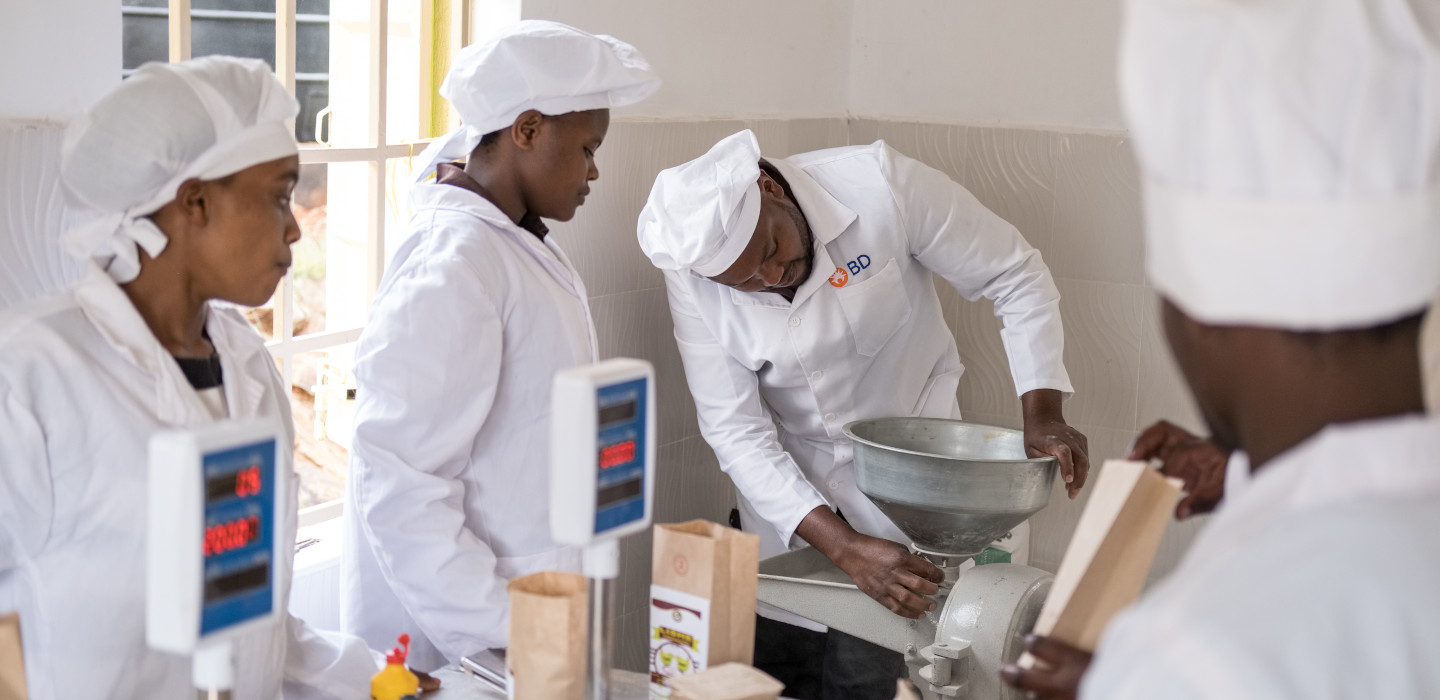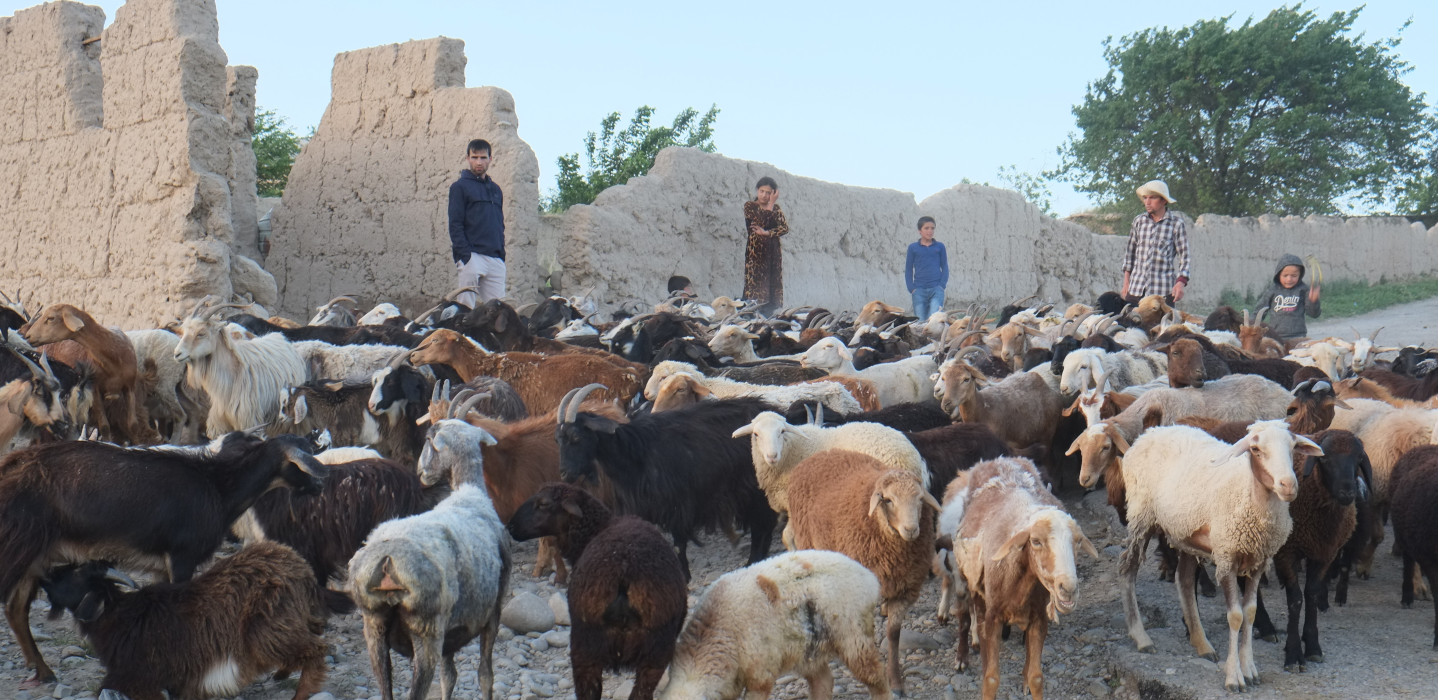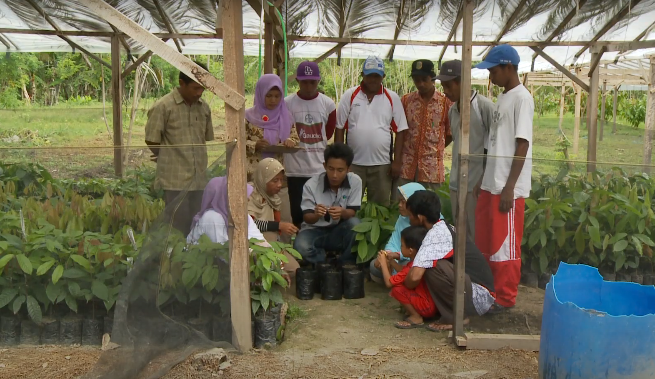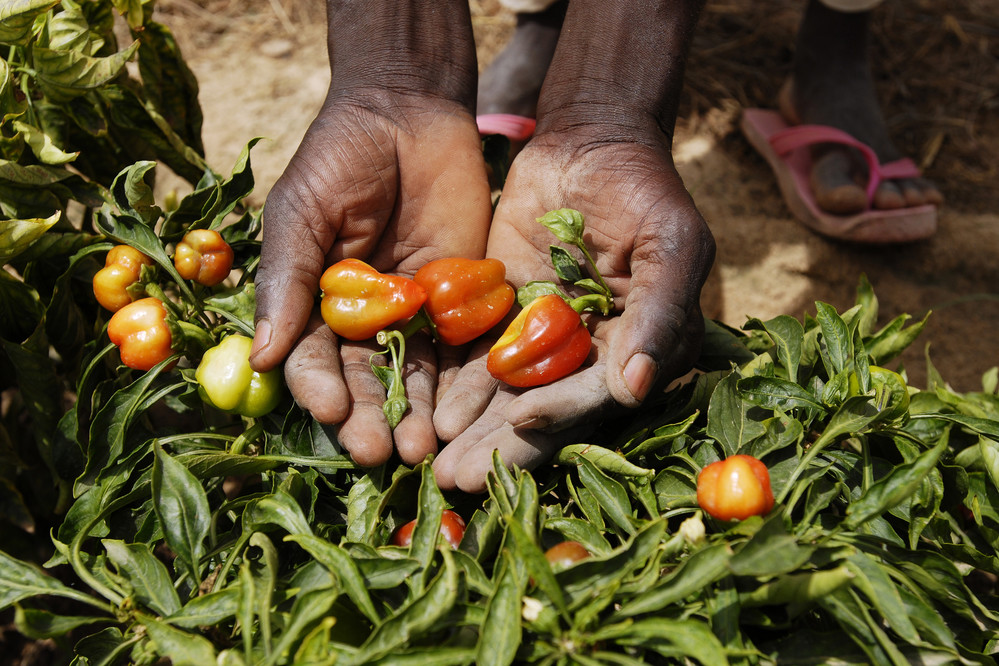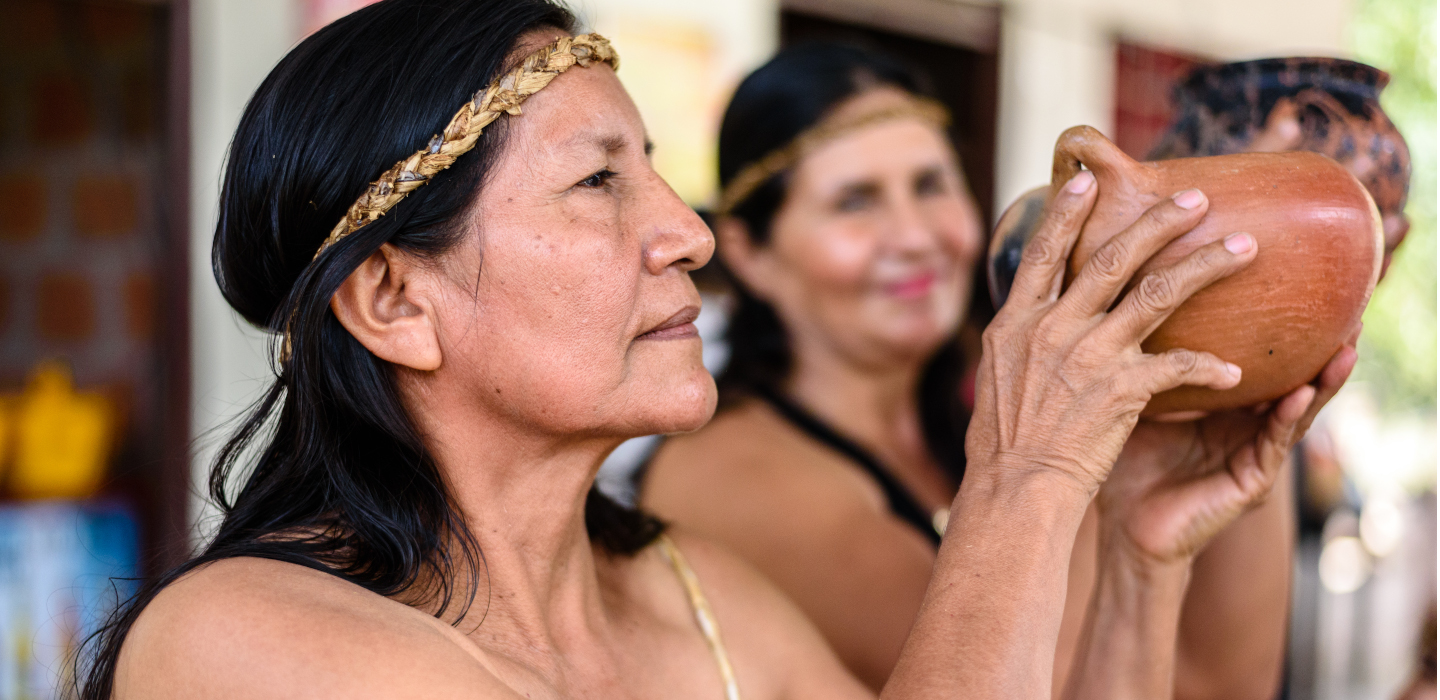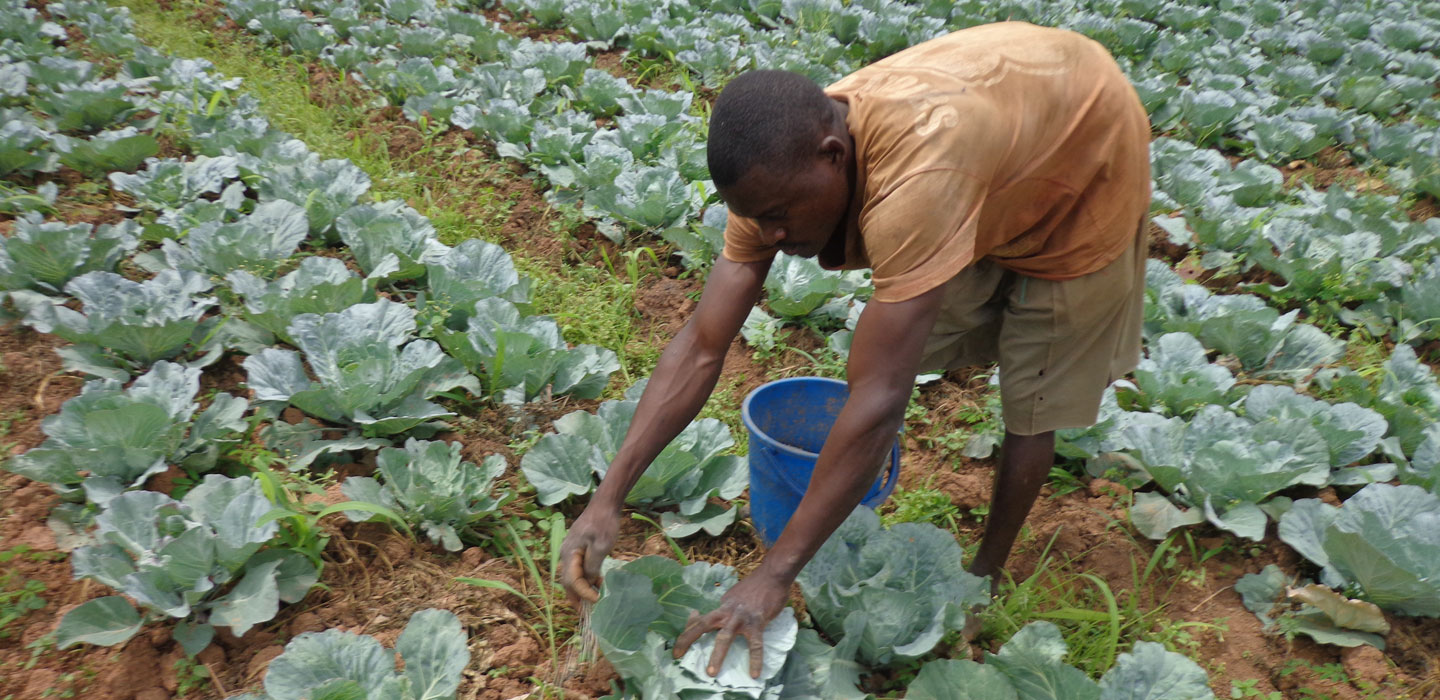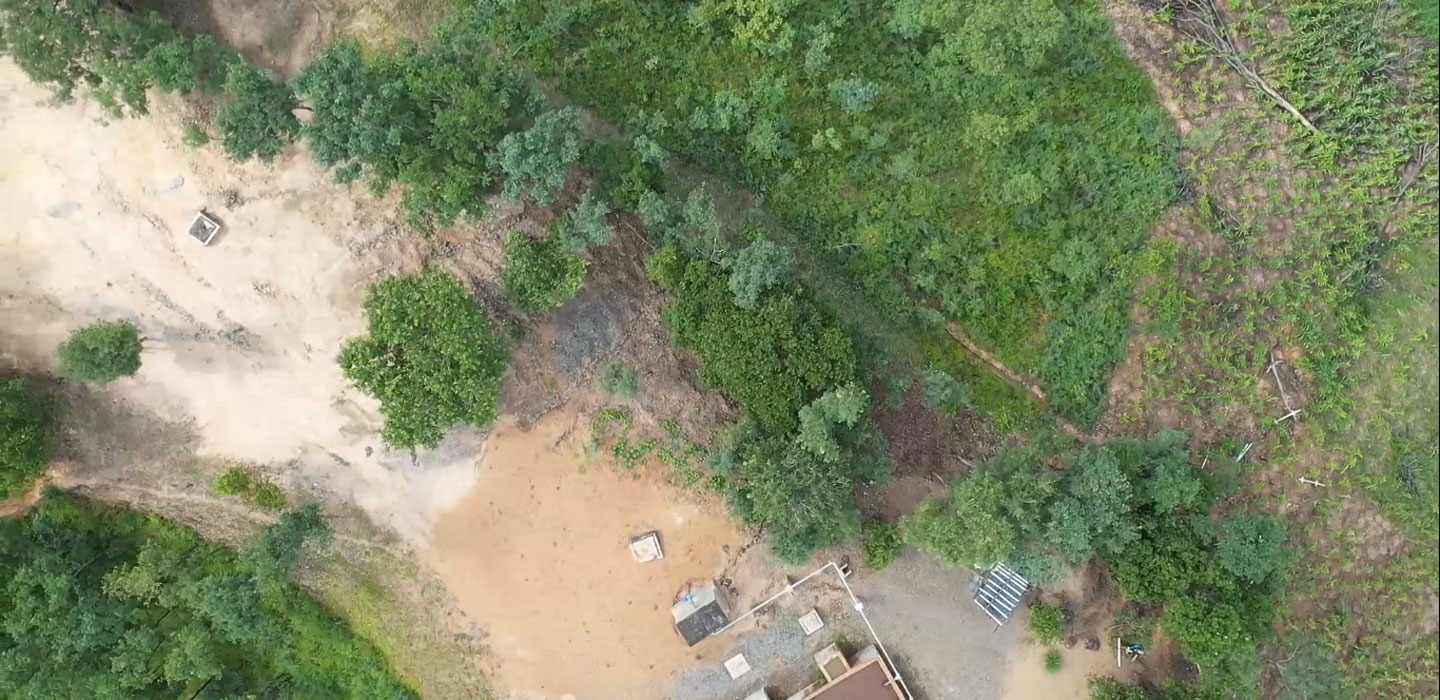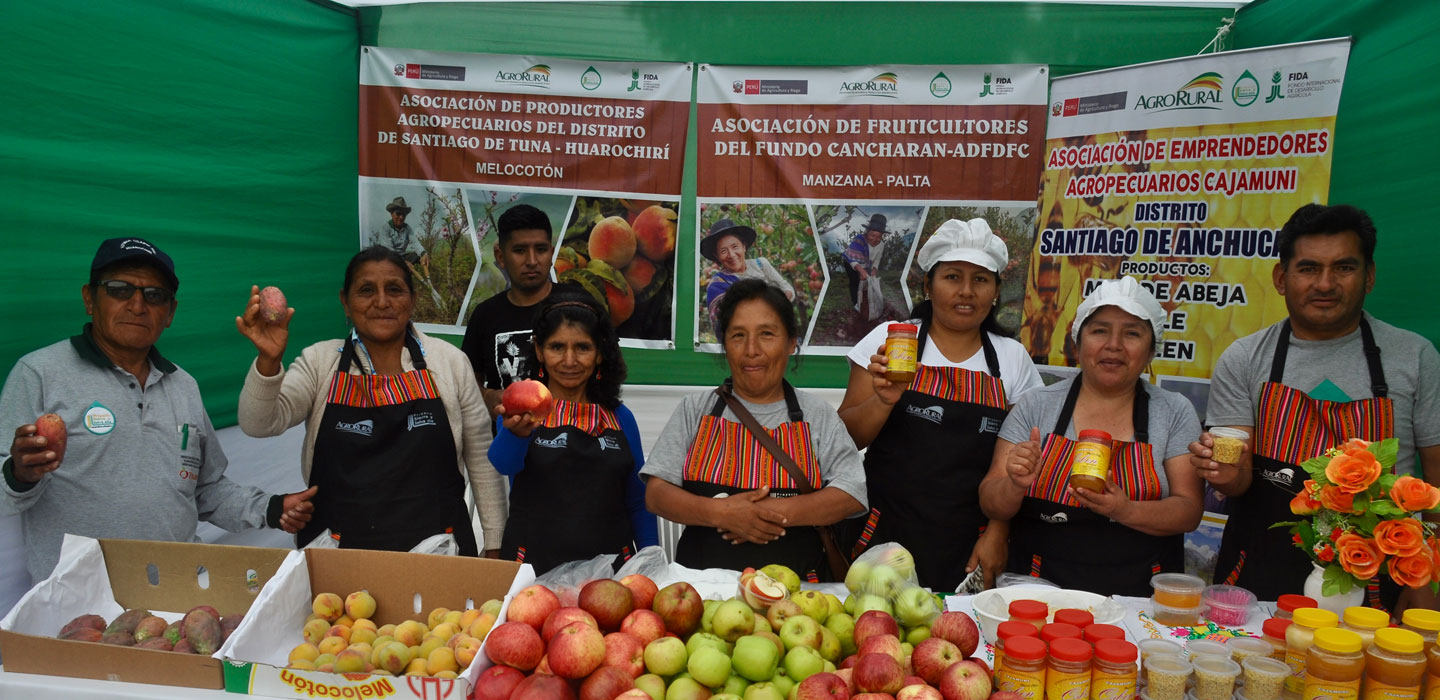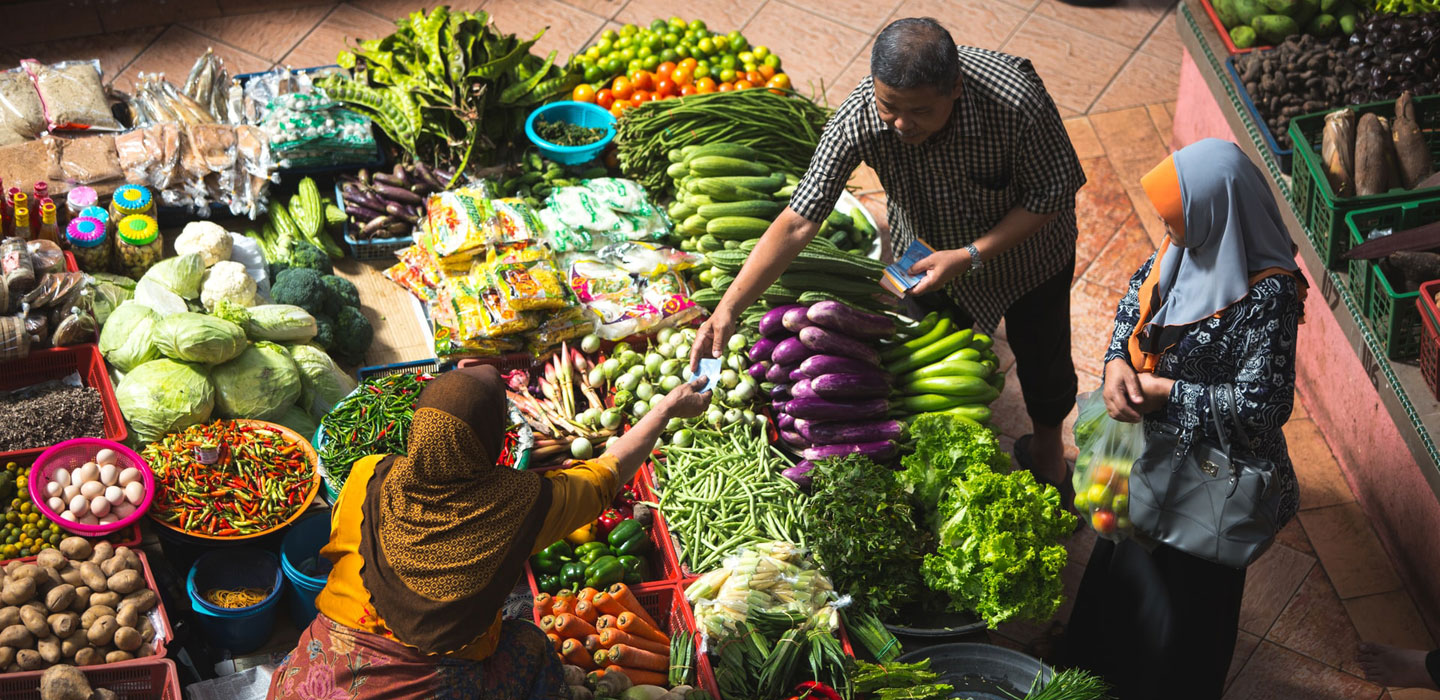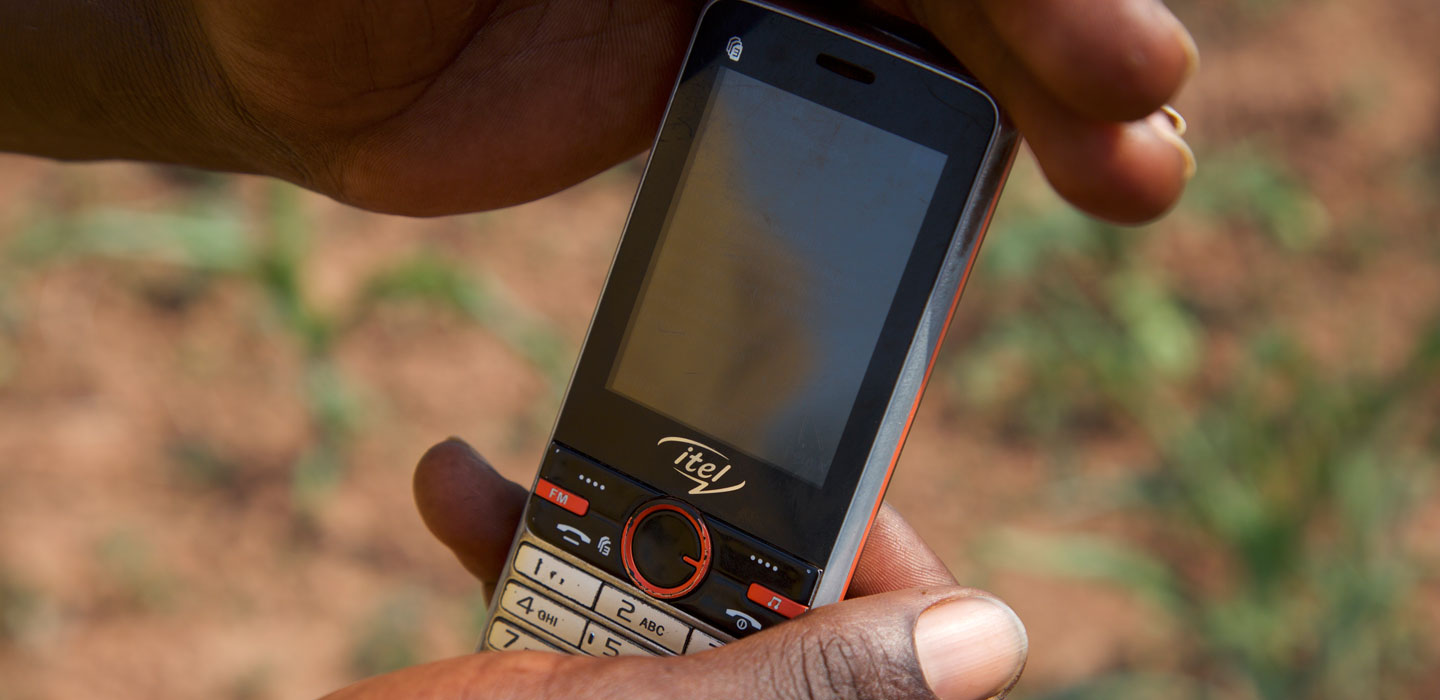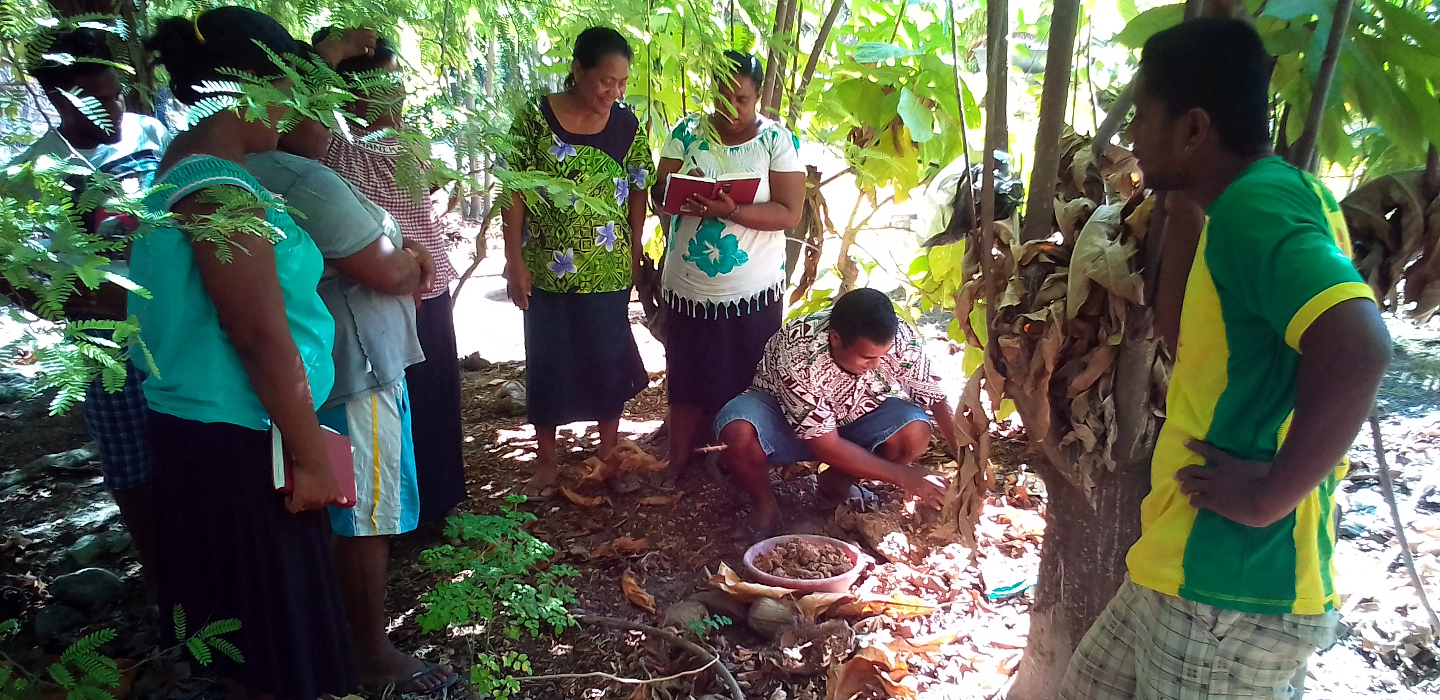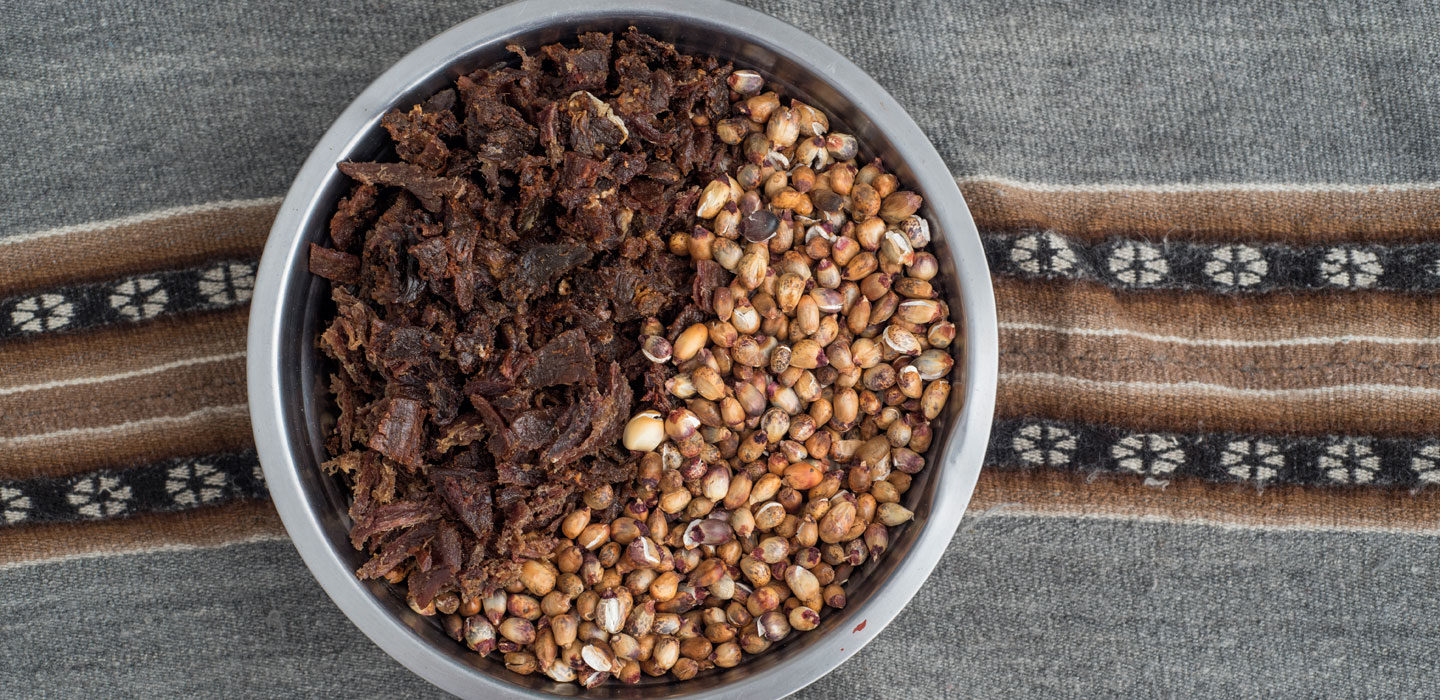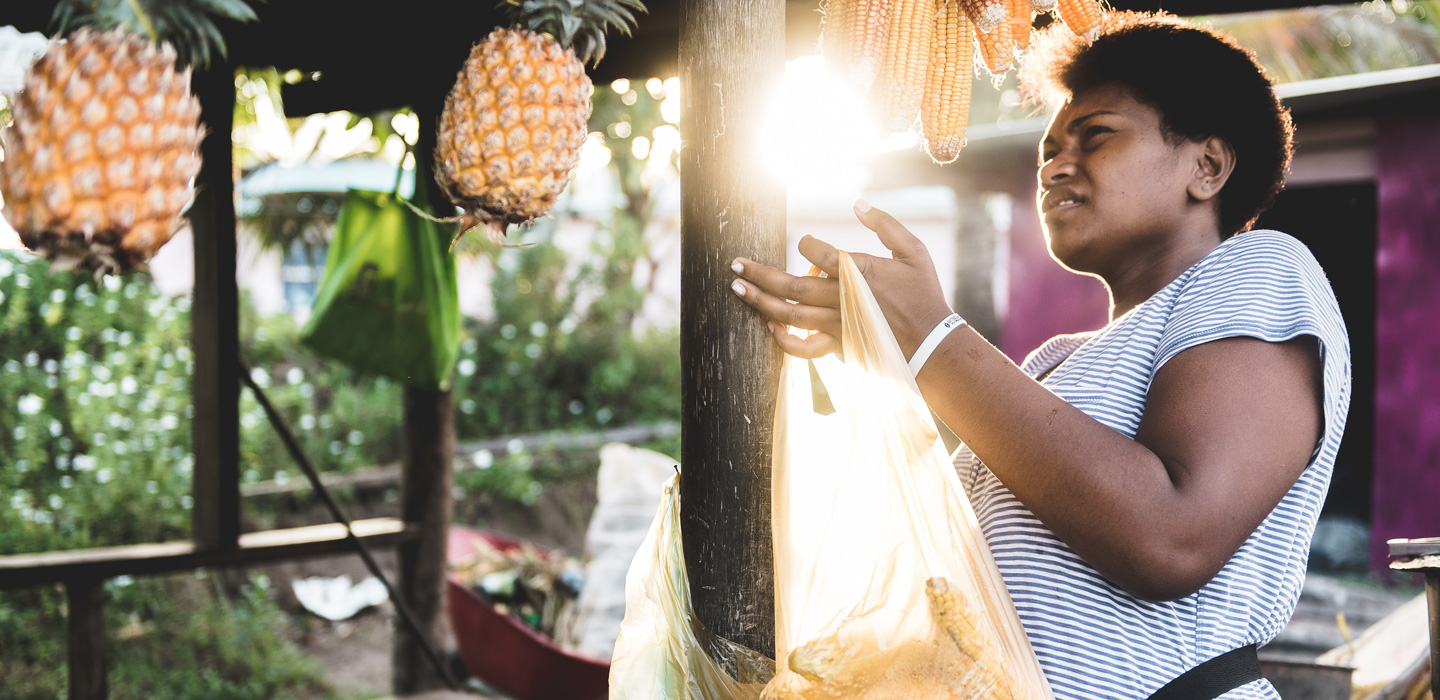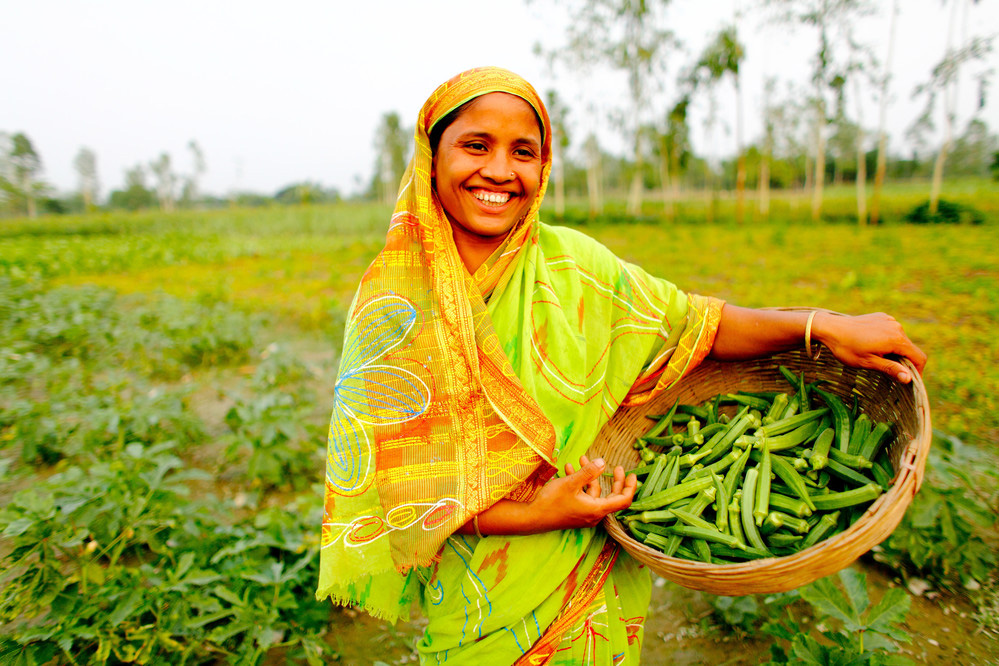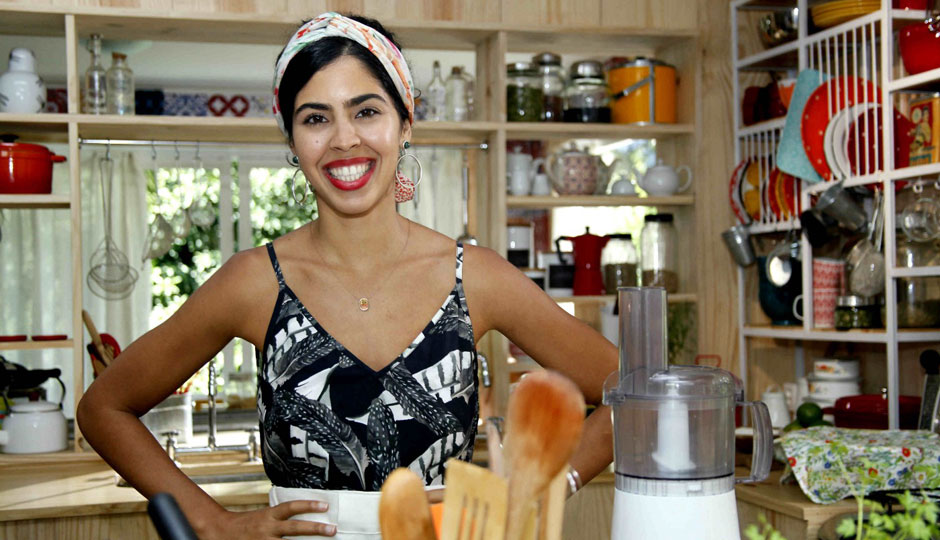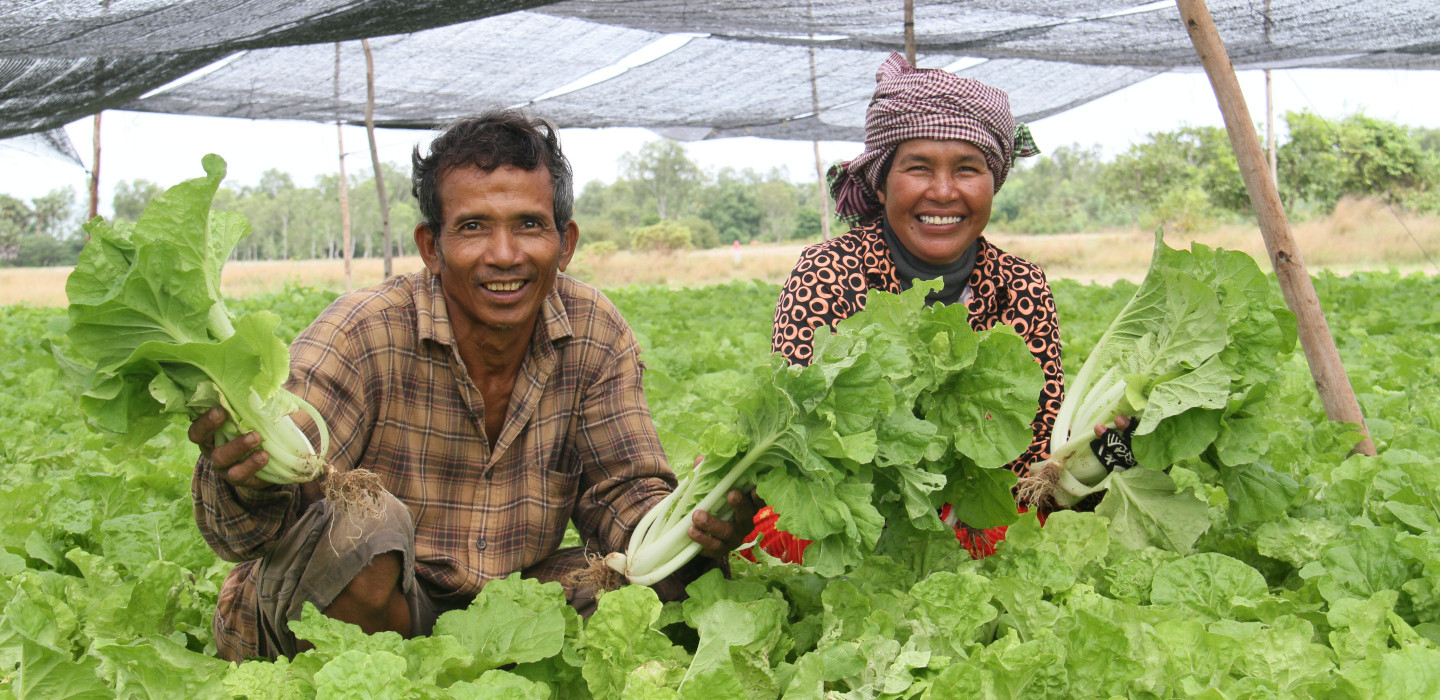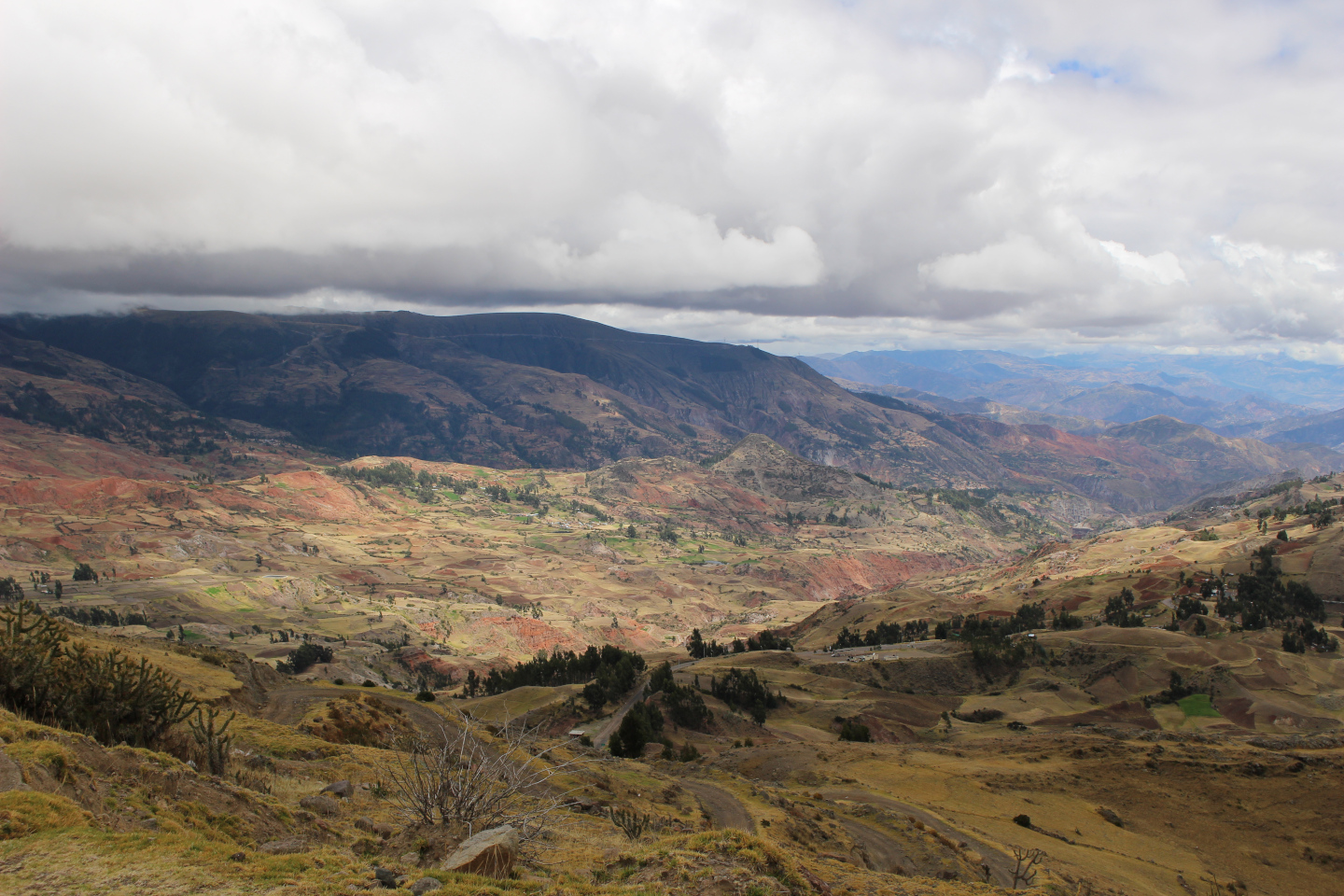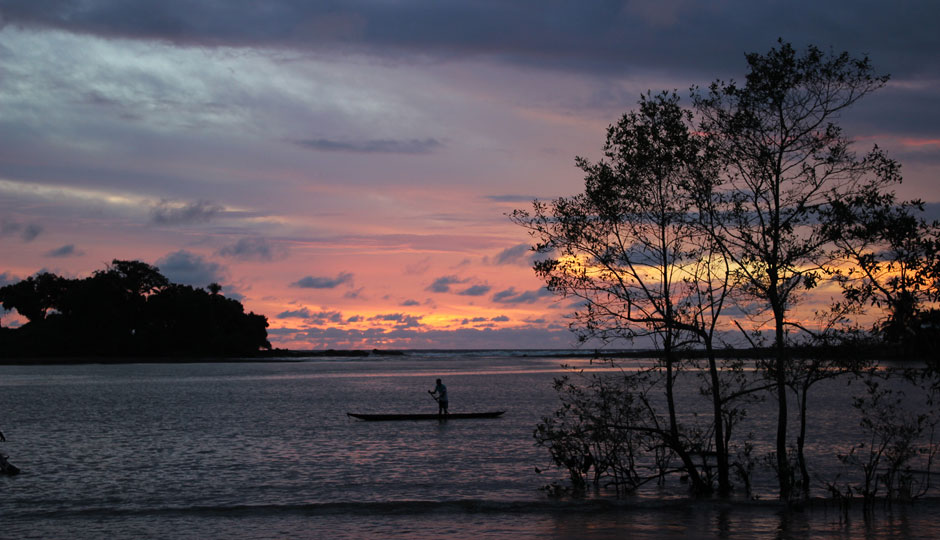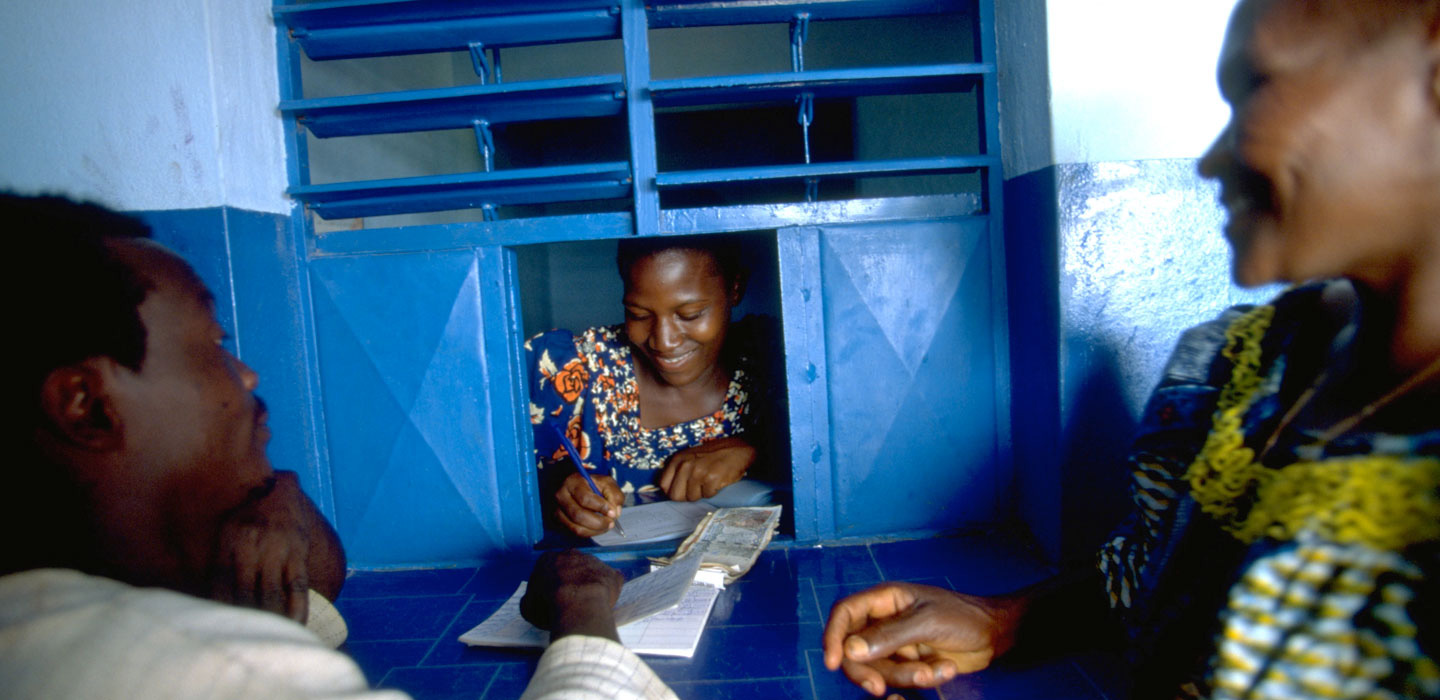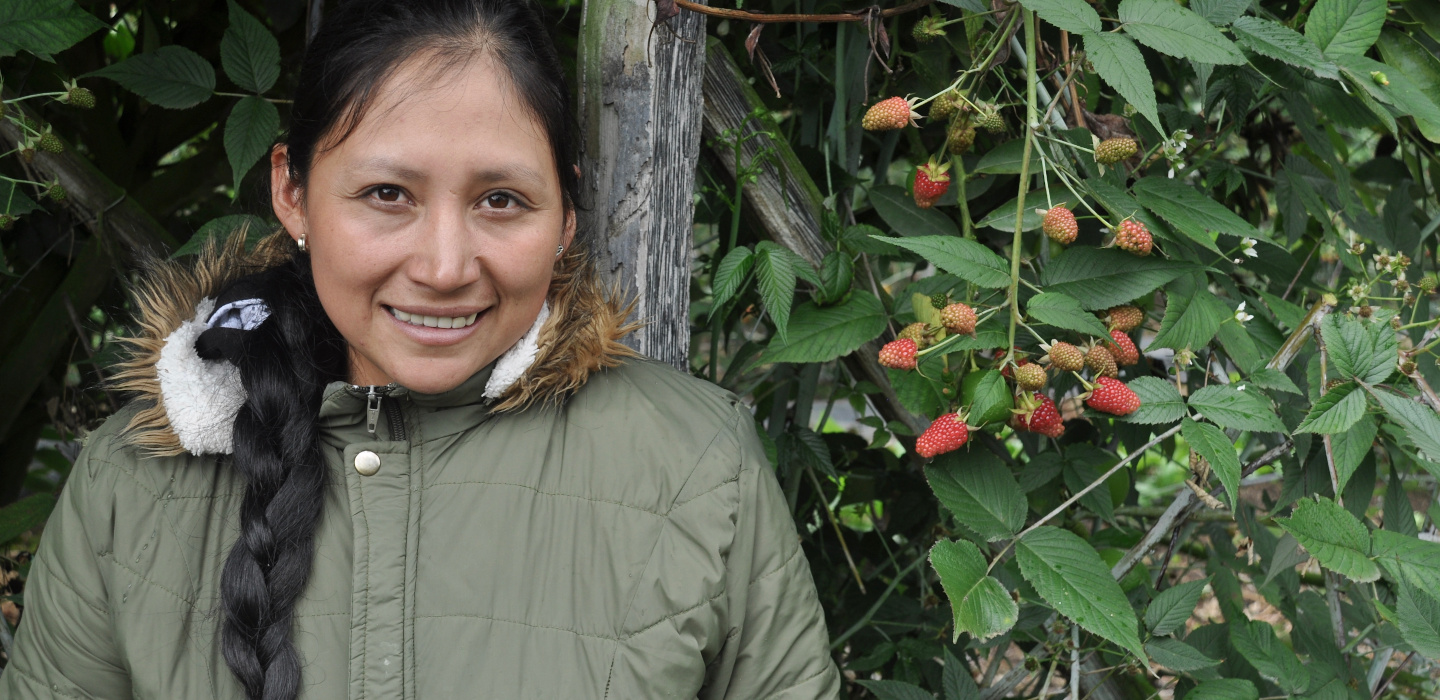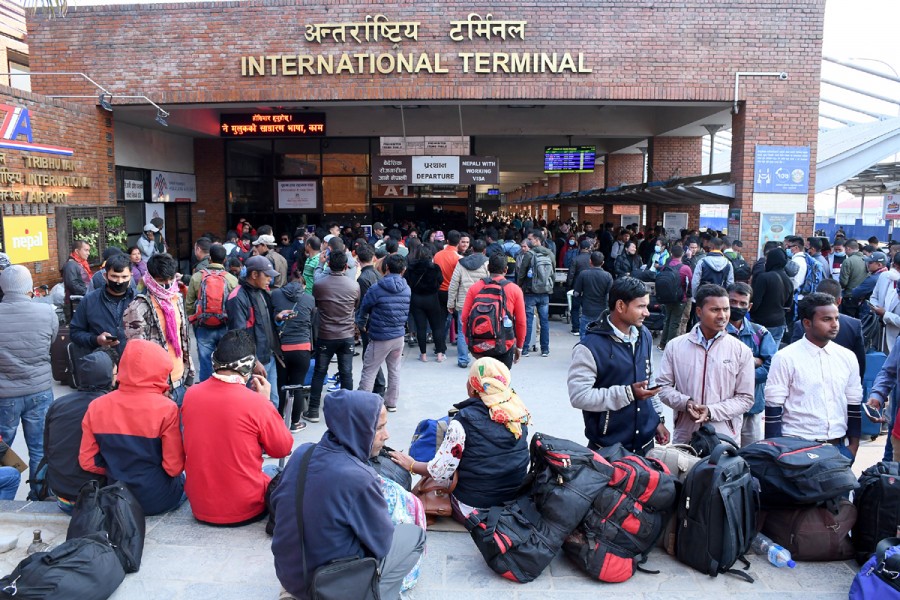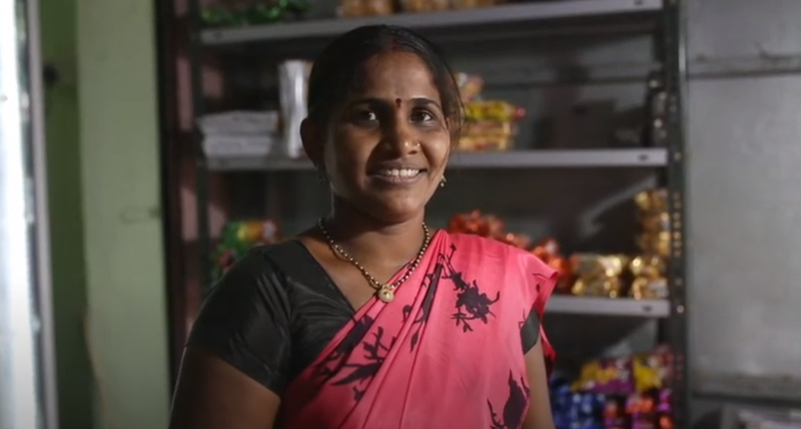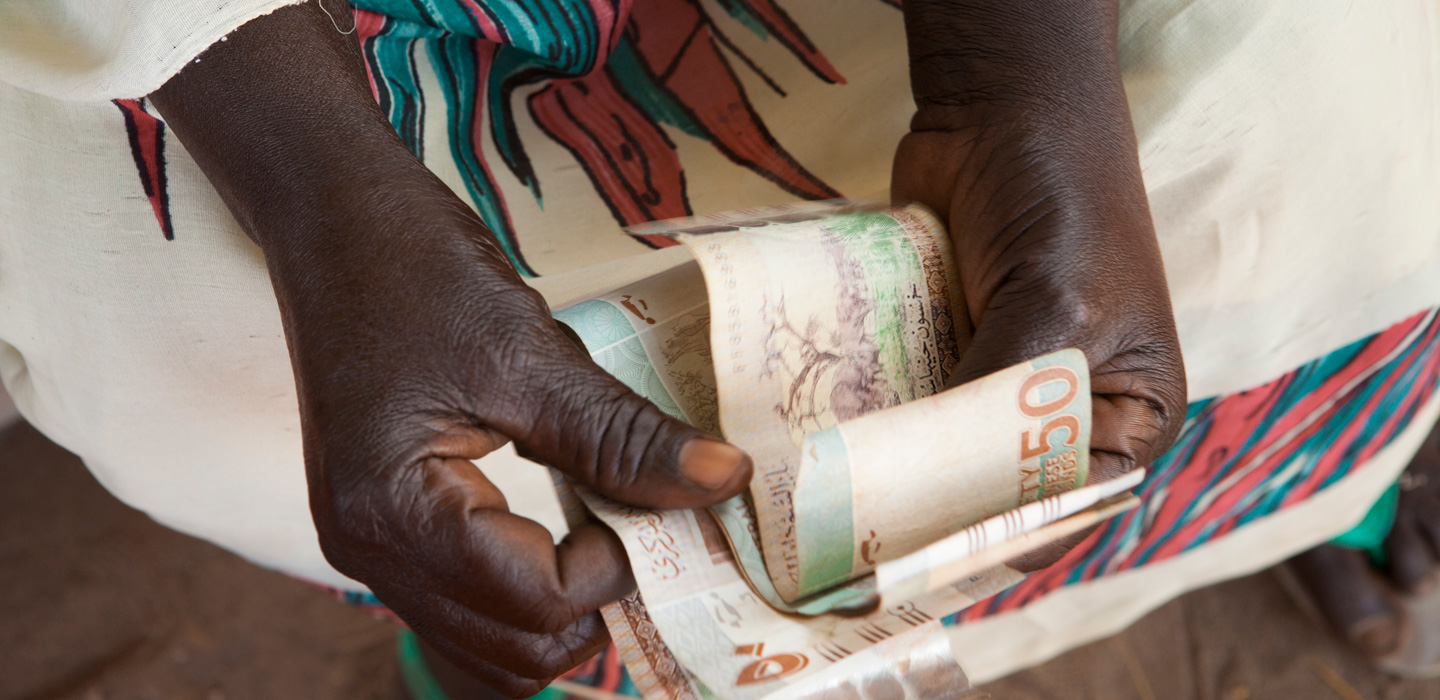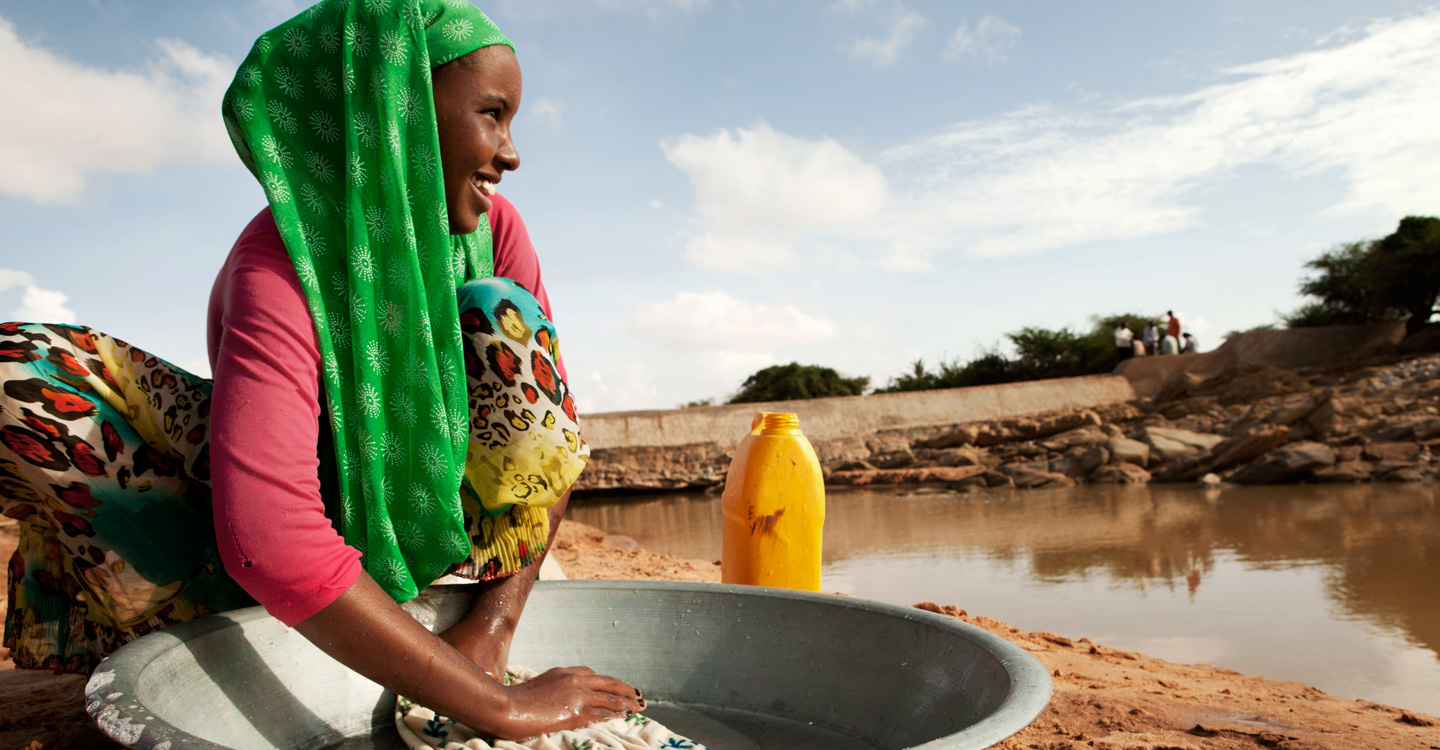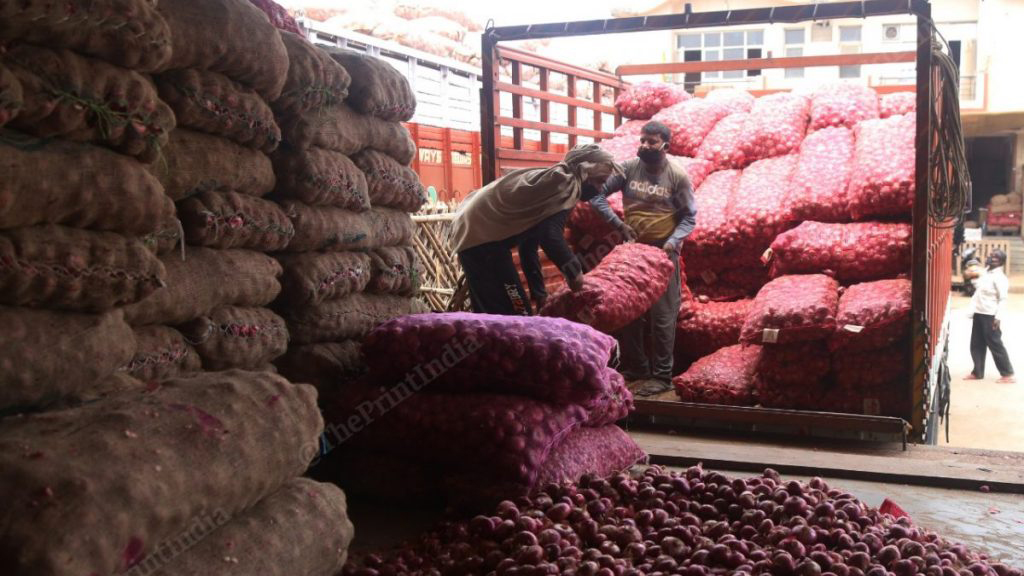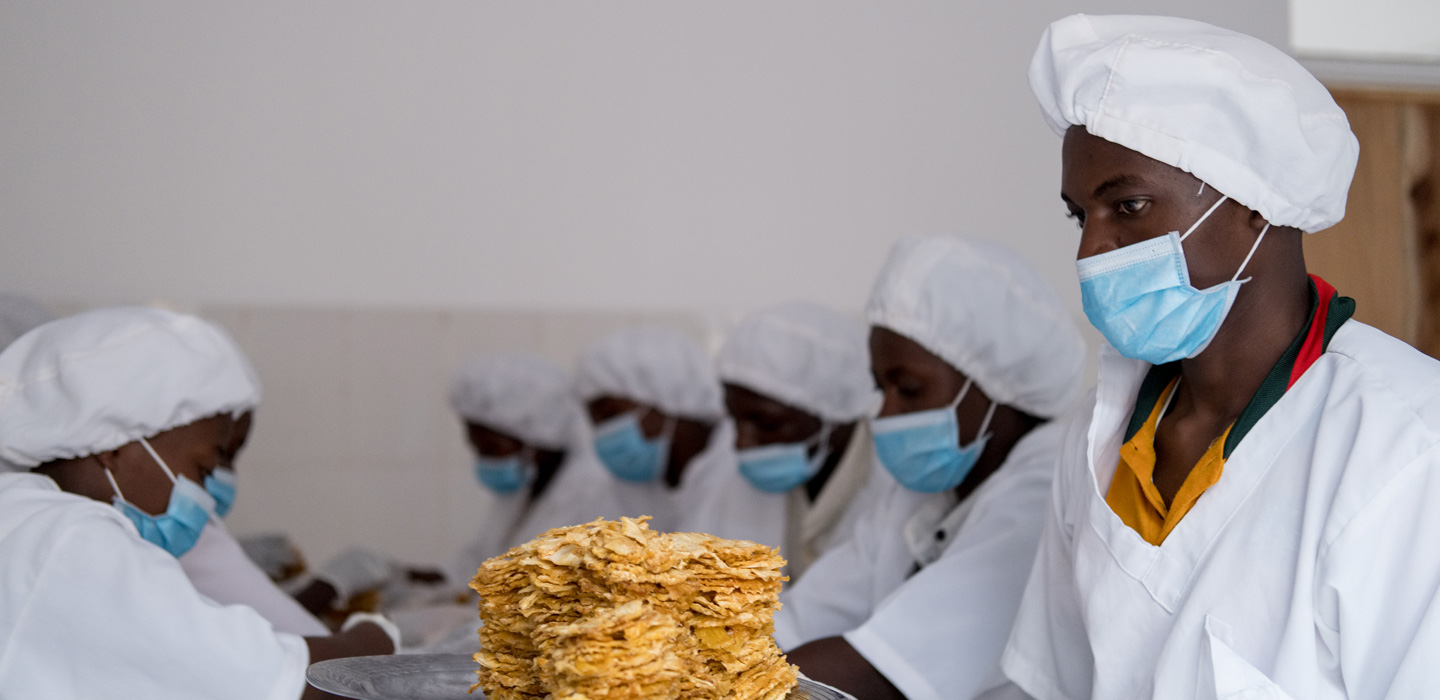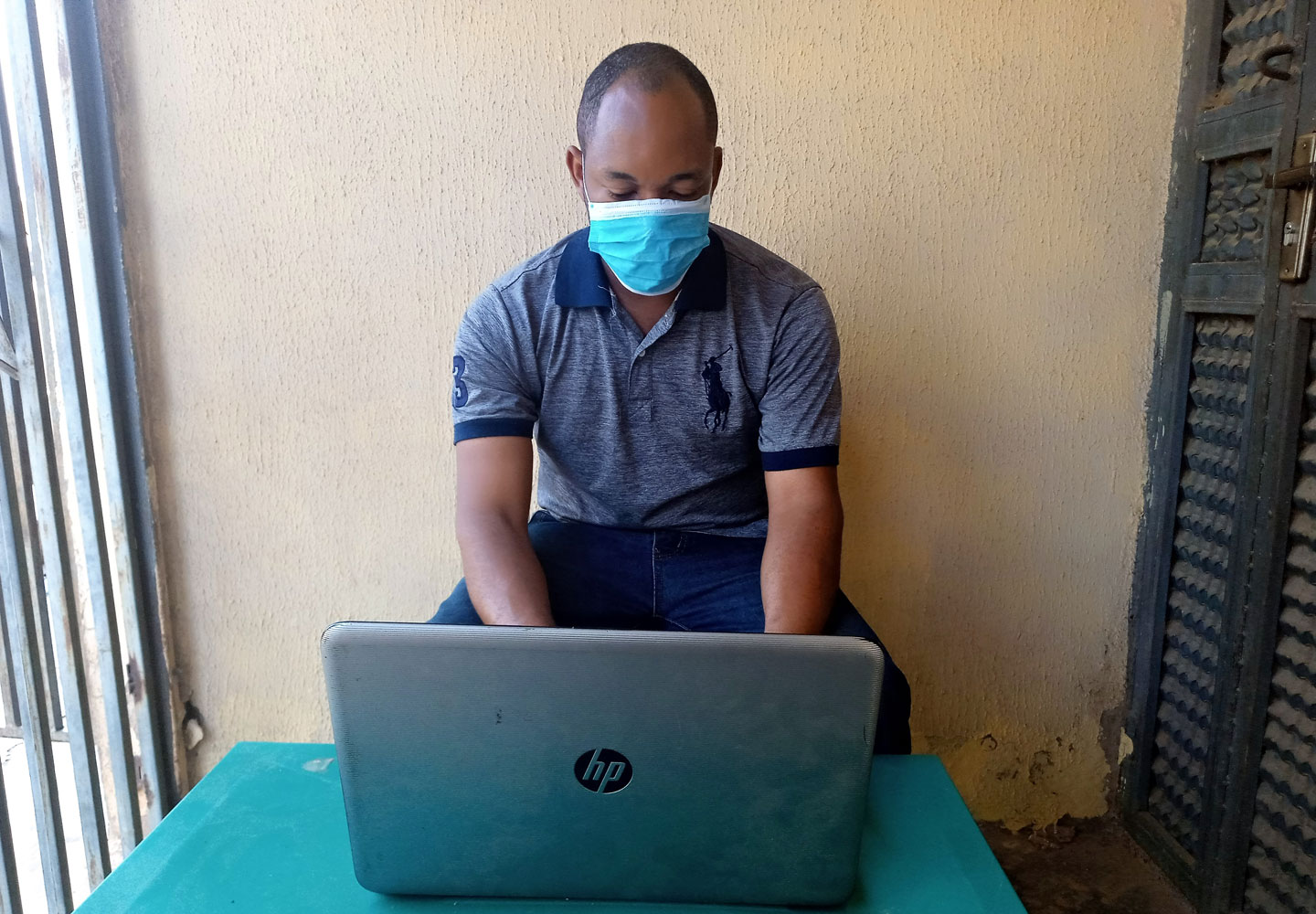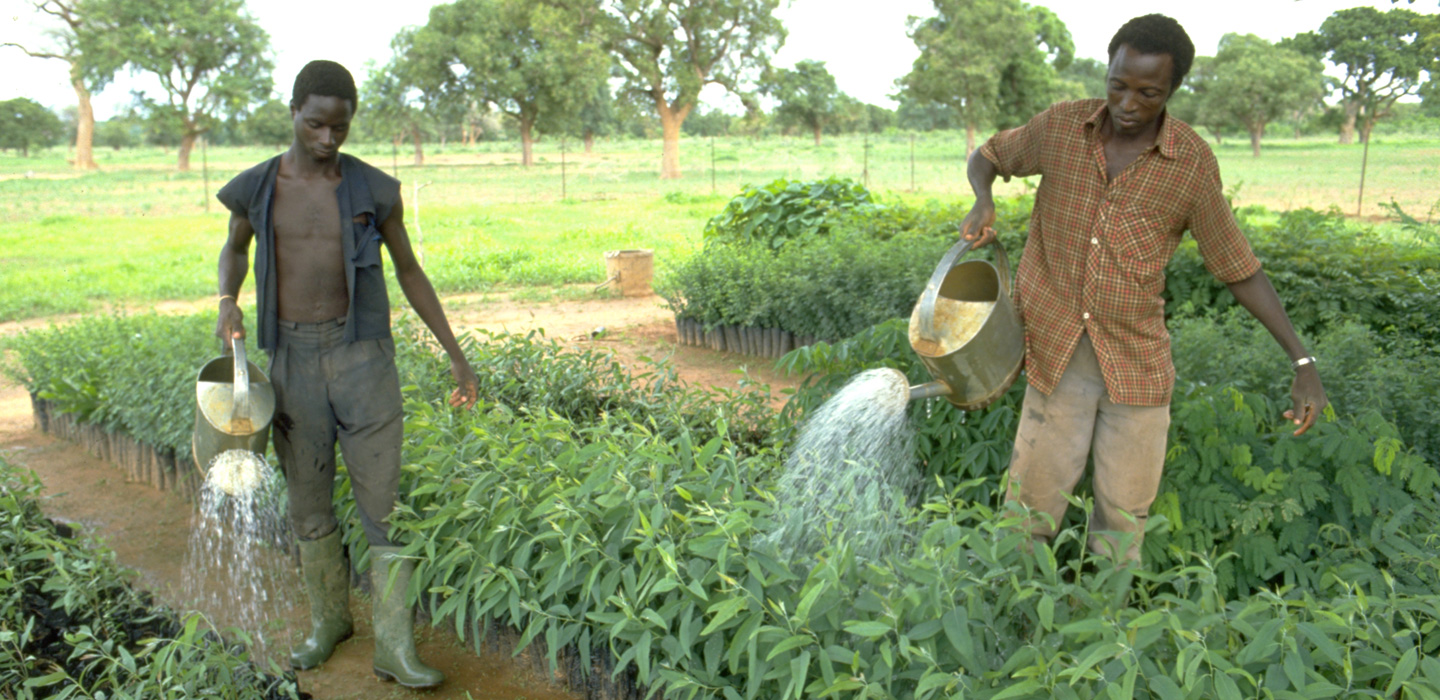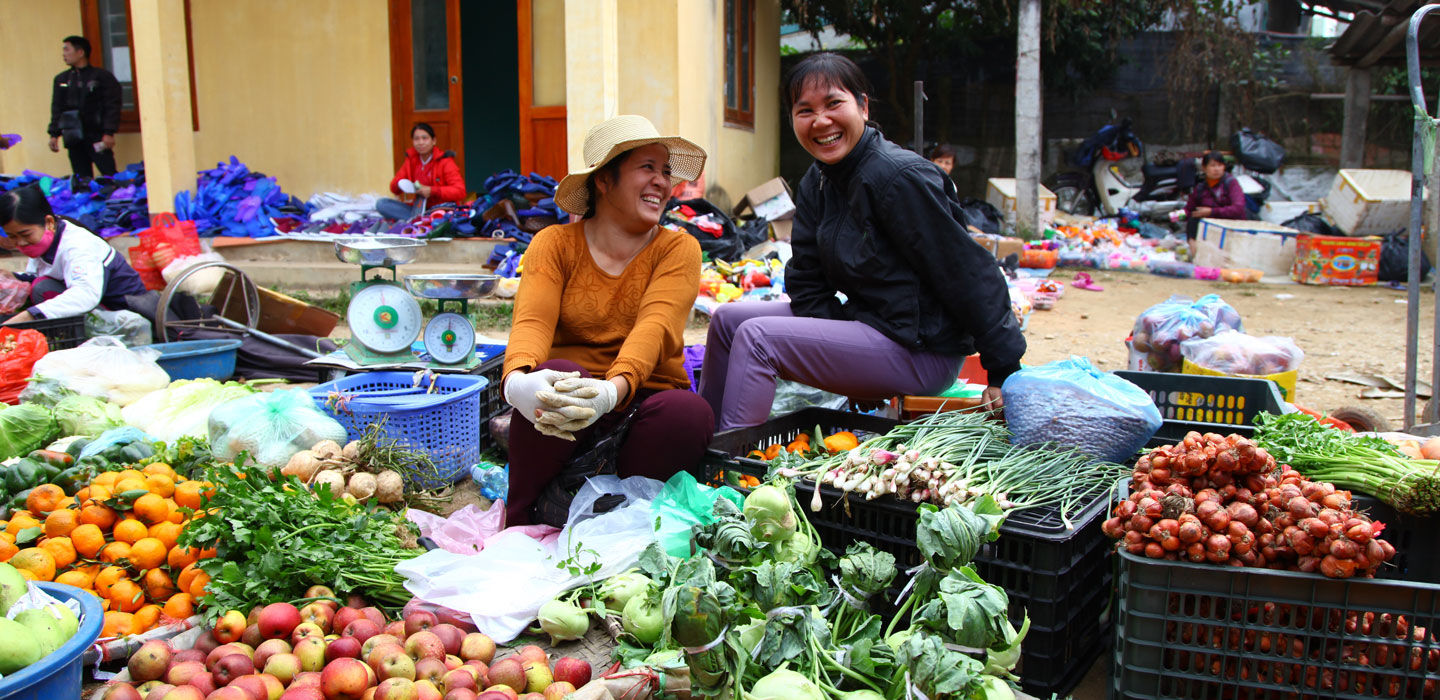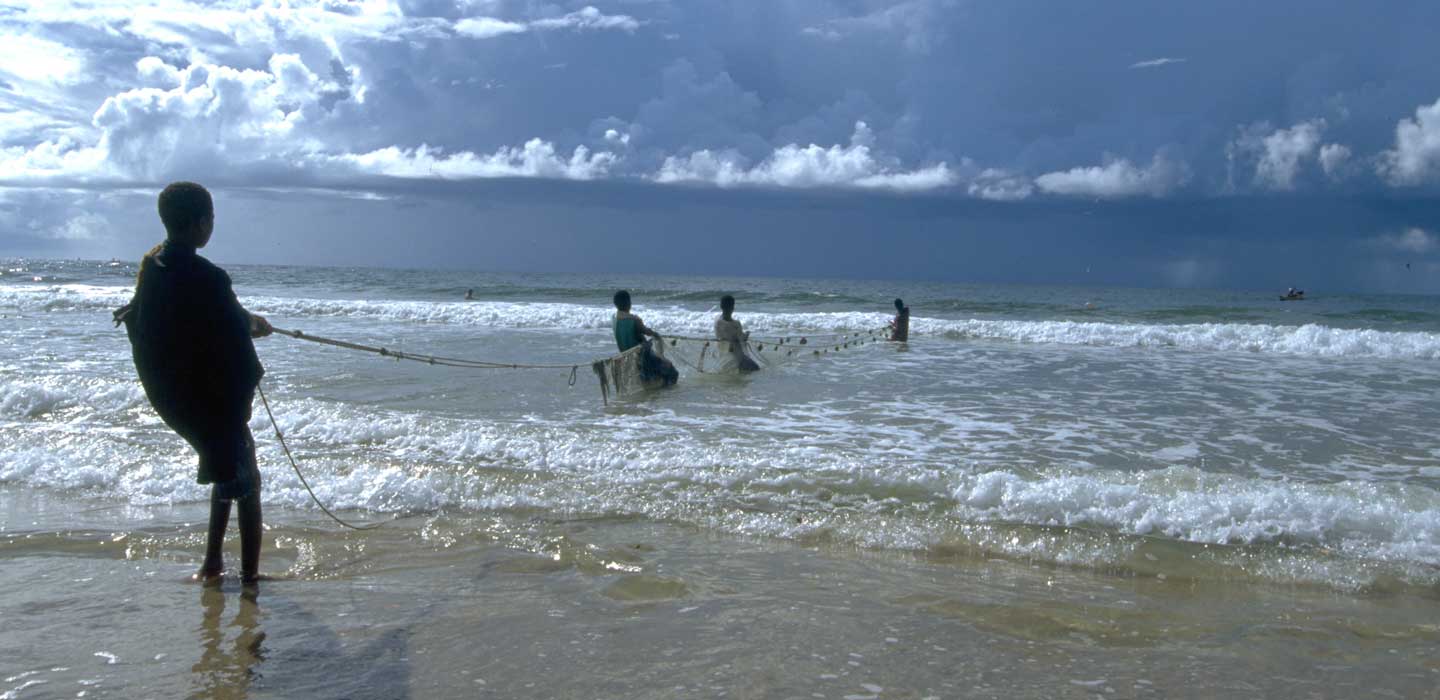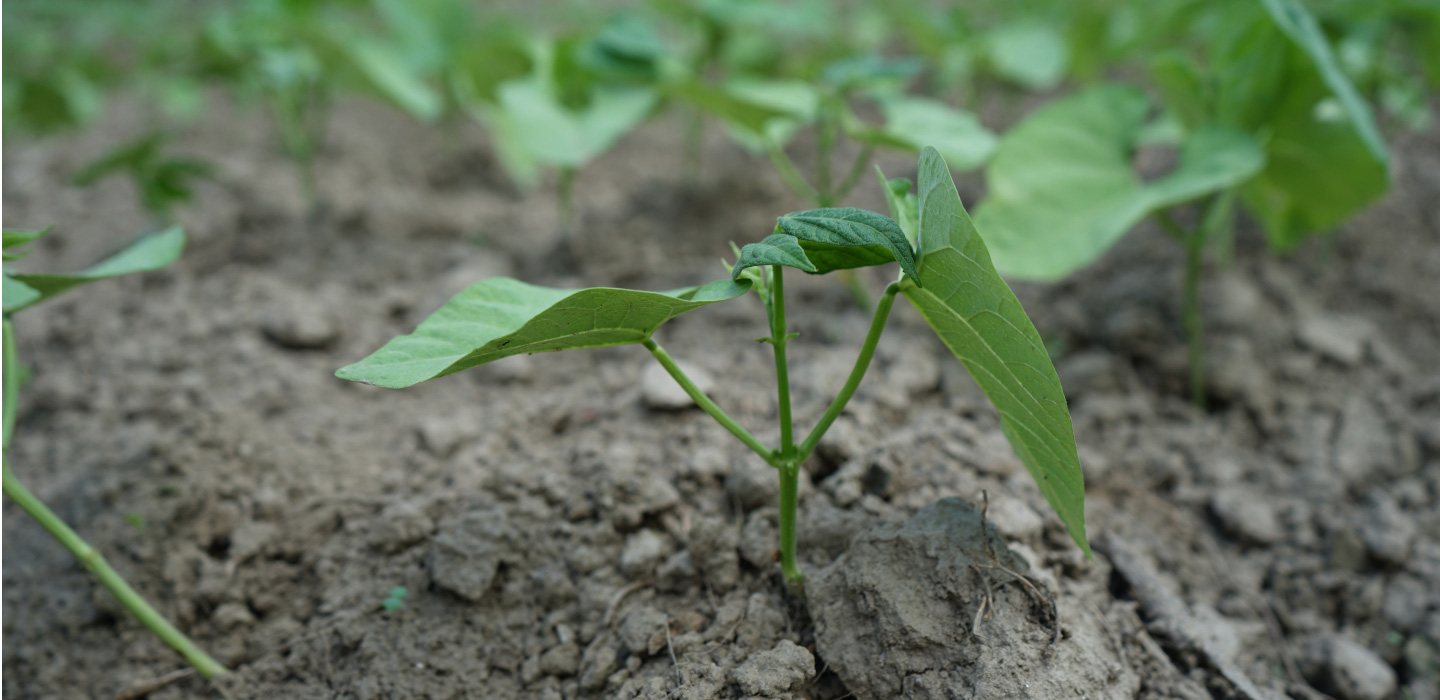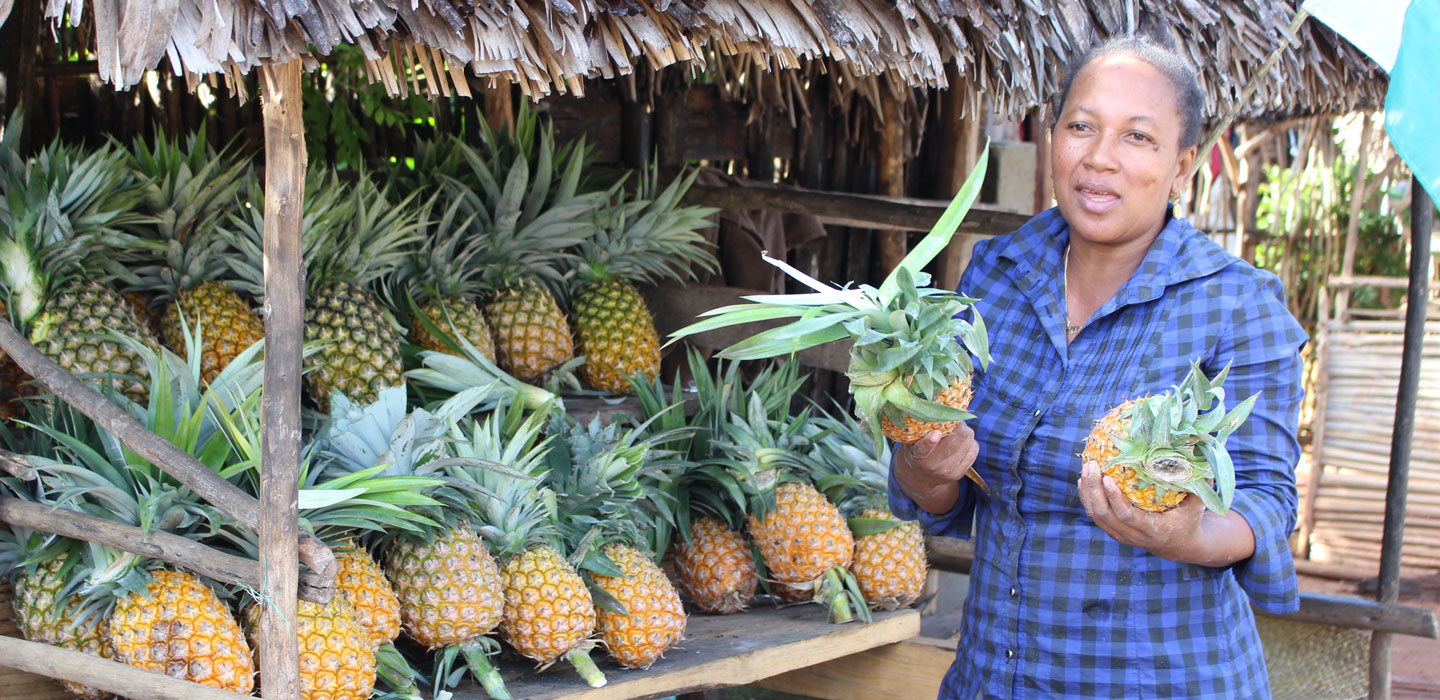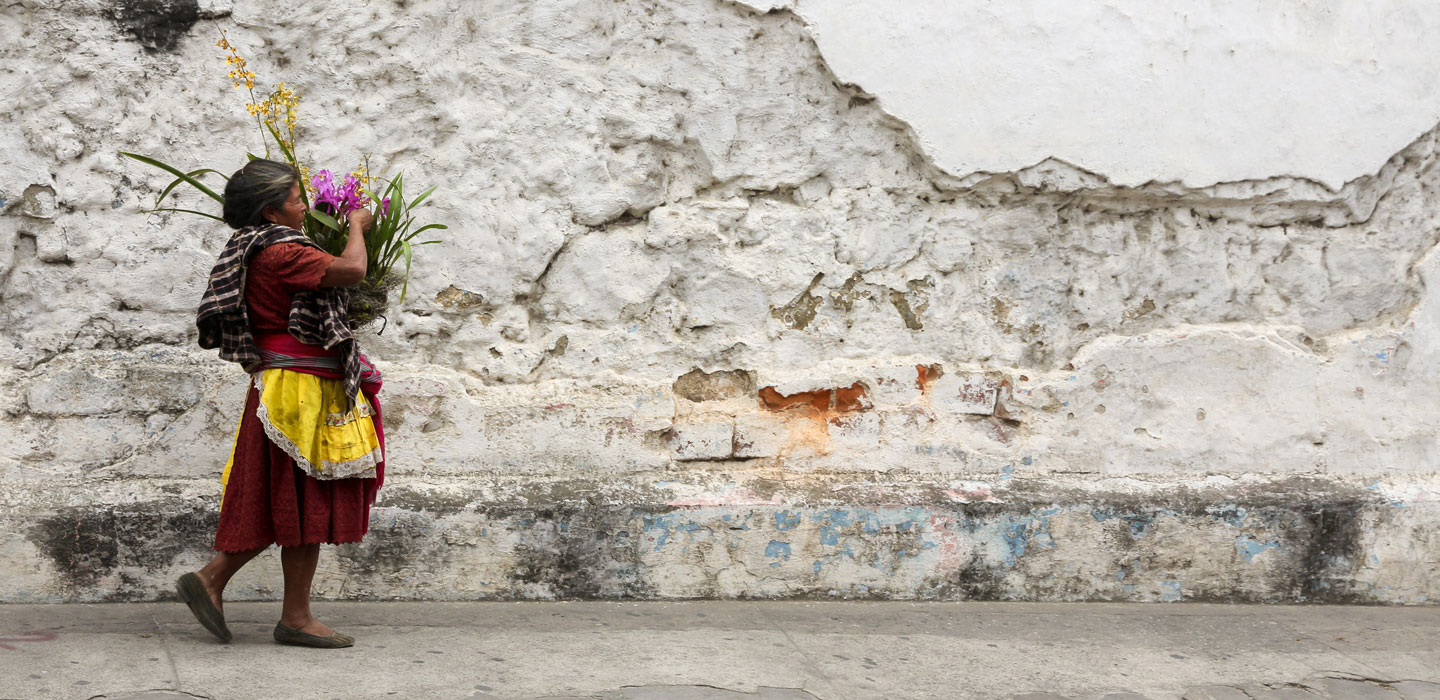Latest
Latest

Latest
Manual Submenu Topics
SearchResultsFilters
Search Results
Smartphones keep track of IFAD projects’ achievements and challenges in Brazil during COVID-19
For all the chaos they bring, crises also have a way of giving birth to unexpected opportunities. One way they do this is by urging people to develop new tools to help them resist disaster.
Un total de 25 organizaciones impulsan una campaña para empoderar a las mujeres rurales, indígenas y afrodescendientes frente a la pandemia de COVID-19
58 millones de mujeres viven en zonas rurales de América Latina y el Caribe; una parte importante de ellas juega un rol central en la producción y abastecimiento de alimentos
Free-range chicken farming a success in remote Viet Nam
At first, when Nguyen Thi Bich decided to try her hand at highland chicken farming, she didn’t quite know what to expect.
Keeping Farmers in Focus in a COVID-19 World - Episode 10
In this month’s programme, we’re keeping farmers in focus. We’ve got the latest on how farming communities are coping with the COVID-19 crisis.
Call for Proposals: Rural youth employment opportunities: Support to Integrated Agribusiness Hubs
This call for proposals is to select a recipient or consortium of recipients to receive a four-year IFAD grant financing to implement the project: Rural youth employment opportunities: Support to integrated agribusiness hubs initiative, for a total amount of up to US$3.5 million.
Member State delegates welcome Special Envoys in support of IFAD’s Twelfth Replenishment
IFAD’s Twelfth Replenishment (IFAD12) comes at a critical juncture. Hunger is on the rise across the globe, and progress against poverty has come to a standstill.
2020 Call for Nominations: Indigenous Peoples Awards
IFAD launches the first call for nominations for the Indigenous Peoples Awards to recognize the efforts and the achievements of development projects that successfully engage with Indigenous Peoples or ethnic minorities living in rural areas.
Annual Report 2019 reaffirms the importance of IFAD’s investments in challenging times
In 2020, the world is seeing once again that when crisis strikes, it is the poorest and most vulnerable people who suffer the most.
From project participant to project staff: Priscilla Torres’s story of growth
Although you won’t find the little village of Wowetta on any Internet map, it’s the centre of the universe for Priscilla Torres, a 37-year-old Wapishana woman. A very active and outspoken mother of three, Priscilla is a true community leader.
IFAD, Mars and ICRAF invest in sustainable farming research and development in Indonesia and the Philippines
A new project will focus on two raw materials critical to the livelihoods of small-scale producers: cocoa and palm oil
Angola and IFAD to promote sustainable agriculture and boost food security in the face of climate change
The International Fund for Agricultural Development of the United Nations (IFAD) today announced support for a new project to boost agricultural productivity, improve food and nutrition security and build the resilience of at least 218,000 rural families in Angola who are vulnerable to climate shocks.
Indigenous Peoples are crucial partners to build a better post–COVID-19 world, says IFAD President
Indigenous Peoples and their unique knowledge are essential to address the COVID-19 outbreak and to build a more sustainable, resilient world.
As more go hungry and malnutrition persists, achieving Zero Hunger by 2030 in doubt, UN report warns
Transforming food systems for affordable healthy diets.
Social media helps young rural Kenyan entrepreneurs battle the COVID-19 shutdown
Until COVID-19 hit in March, the G-Star Youth Group’s banana processing factory was buzzing with activity.
The Rural Youth Innovation Award honours young people who care about biodiversity, market access and the preservation of traditions
Rossana Polastri, Director of the Latin America and the Caribbean Division of the International Fund for Agricultural Development (IFAD), has announced the winners of the Rural Youth Innovation Award. This prize has been created by IFAD to strengthen and build the capacities of young people and to promote opportunities being created by young people who are already changing the rural landscape of the region.
The importance of data management for pastoral communities
Globally, between 200 and 500 million pastoralists manage rangelands that cover over a third of the Earth’s landmass.
Thank you, “cocoa doctors”
Chocolate comes in many different forms and varieties, but it always needs one vital ingredient: cocoa. But a decade ago, it was predicted that, by 2020, the world would have a cocoa shortfall of one million tonnes a year.
IFAD invests €77.7 million in Niger for food and nutrition security and climate change resilience
The International Fund for Agricultural Development of the United Nations (IFAD) today announced a new project that will boost support for about 210,000 poor rural households in Niger that are vulnerable to climate shocks and food insecurity.
Indigenous knowledge – and resilience – in a COVID-19 world
It is increasingly clear that human health and our relationship with nature are inescapably intertwined. This holds true across many dimensions of health, including the potential for the transmission of disease – just as we are seeing with the current COVID-19 pandemic.
The Democratic Republic of the Congo and IFAD partner for better nutrition and resilience for small-scale farmers facing COVID-19
The International Fund for Agricultural Development (IFAD) today announced support for a new programme in the Democratic Republic of the Congo (DRC) to reduce poverty, increase productivity and incomes, improve food and nutrition security, and build the resilience of more than 410,000 small-scale farmers households.
Location, location, location: Why using GIS in rural development projects is fundamental
Knowing the geographic location of people or things helps us to monitor well-being and assess the impact of events.
The red gold of Azilal: How thyme and saffron empower women in Morocco's High Atlas
Fatima Amaguar came home from university with an idea.
Peru: New IFAD-funded project to help family farmers to increase productivity and recover from COVID-19
The Government of Peru and IFAD signed a financing agreement today for a new project to help family farmers increase their competitiveness and resilience, and to recover from the COVID-19 impact.
One small step: Empowering micro-, small and medium businesses across South Asia
It is something of a paradox that, while there is broad agreement that micro-, small and medium enterprises (MSMEs) are an integral part of the economy in developing countries, they remain underserved.
Stepping up rural finance to support smallholder farmers in Zambia
The COVID-19 pandemic is creating disruption - but sometimes offers opportunities for innovative solutions for rural farmers.
Looking inward: I-Kiribati fight a double health crisis
COVID-19 is not the only health crisis threatening to devastate the population of Kiribati. Cases of diet-related non-communicable diseases (NCDs) have tripled between 2005 and 2010.
From La Paz to Turco: Going back to the roots to start a new life
Guadalupe Moller lives in Turco, a small community in rural western Bolivia. She’d spent most of her life in La Paz, Bolivia’s capital, but four years ago she moved back to Turco, where her family’s roots are.
Catching up with Recipes for Change Chef Lance Seeto
Chef Lance Seeto is an icon of South Pacific cuisine. He’s also been a supporter of IFAD’s Recipes for Change campaign for more than five years now.
Young People in Agriculture – Before, During and After COVID-19 - Episode 9
IFAD is helping young people in agriculture evaluate the COVID-19 crisis and build their resilience for the future. In this episode, we hear from nine different voices on this important topic.
Interview with Recipes for Change Chef Bela Gil
“I joined this project because I believe food can really change the world.”
Never let a good crisis go to waste
Small-scale farmers face multiple challenges in Cambodia - with limited access to credit and vulnerability to climate change.
Back to the Roots: Innovating with sustainable gastronomy
What comes to mind when you hear the words “sustainable gastronomy”? Some of us focus just on the cuisine and think about delicious – and perhaps costly – dishes.
Photo contest shows how Latin American and Caribbean rural youth see their own lives
It’s not often that we have the opportunity to see how rural people see themselves. International organizations like ours tell their stories armed with cameras, notebooks and laptops – and, of course, our own point of view, which is important to compare with theirs.
On International Day of Family Remittances, IFAD calls for remittance service providers to be declared essential businesses in times of crisis
With the significant decline in money sent home by migrants due to the impacts of the COVID-19 pandemic,IFAD today called for governments across the world to declare remittance service providers essential businesses in times of crisis.
The difference four years makes: A small Ecuadorean town goes from subsistence to prosperity with IFAD’s support
Four years ago, the residents of Chiquicha were just gathering the first fruits of an irrigation project.
Coming back home: The road ahead for migrant returnees in Nepal
Migrants are essential workers; they contribute to the economy of the places they go and, through remittances, to their communities back home.
India: Radiant Women
"Tejaswini" means “a woman who is radiant”. And the one million Indian women who are part of the Tejaswini Rural Women’s Empowerment Programme, are indeed radiant.
African migrants’ family remittances put to the test
In April, the World Bank projected a sharp decline of about 20 per cent in global remittances as a result of the COVID-19 pandemic and shutdown.
Regional SOFI 2019: Sustainable food systems for healthy diets in the Near East and North Africa
Rethinking food systems for healthy diets and improved nutrition.
Canada is first to commit funds to IFAD facility created to help avert food crisis
Canada announced today that it will be the first country to pledge funds to a new facility set up by the IFAD to help prevent a food crisis in some of the world’s poorest and most marginalized rural communities in the wake of COVID-19.
COVID-19: The decline of global remittances puts rural families at risk
The economic impact of the COVID-19 pandemic has led to the loss of millions of jobs in the developed and developing world.
From Meghalaya to Jharkhand, how India is ensuring agri supply chains are not disrupted
In a world living with Covid-19, it is clear that supply chains and logistics should be simple and easy to manage. And that’s what several Indian states are doing.
Keeping exports flowing: Saving development gains in Rwanda
When exports of dried pineapple resumed at the beginning of May, after the lockdown, Jean Damascène Hakuzimana, President of the Tuzamurane farmers’ cooperative, was relieved.
Maintaining critical extension services for smallholders during COVID-19
Agricultural extension services play a fundamental role in building producers’ capacities to maintain good agricultural practices.
Restoring nature and livelihoods: Experiences in Zambia
World Environment Day is a day set aside to raise awareness about environmental issues and encourage protective action. This year’s theme is “Time for Nature.”
Why do wet markets matter?
Since the COVID-19 virus outbreak, much information and misinformation has been circulated about wet markets and an international rallying cry has been made for wet markets to be better regulated or even closed down.
Improving the livelihoods of artisanal fishers and their communities along Mozambique’s coastline
The IFAD-supported Artisanal Fisheries Promotion Project (ProPESCA) was implemented to improve the livelihoods of artisanal fishers and their communities living along Mozambique’s coastline.
On tap: How regular water supply helped farmers discover a green thumb in Bhutan
Despite the lush greenery that surrounds Ngarpongtang village in Thangrong, Bhutan, until recently, it was impossible to grow vegetables there. “I used to have to go to other villages to exchange pinewood for vegetables,” says Wangdi, a 54-year-old farmer. “We couldn’t get vegetables to grow here.”
IFAD supports projects that increase agricultural productivity and incomes in Madagascar
Rural development projects financed and supported by IFAD have helped to reduce rural poverty and increase rural entrepreneurship in Madagascar, according to a new report presented today.
Building up family farmers’ resilience through nature-based solutions in Latin America and the Caribbean
Resilience has become the talk of the town in the development community.
